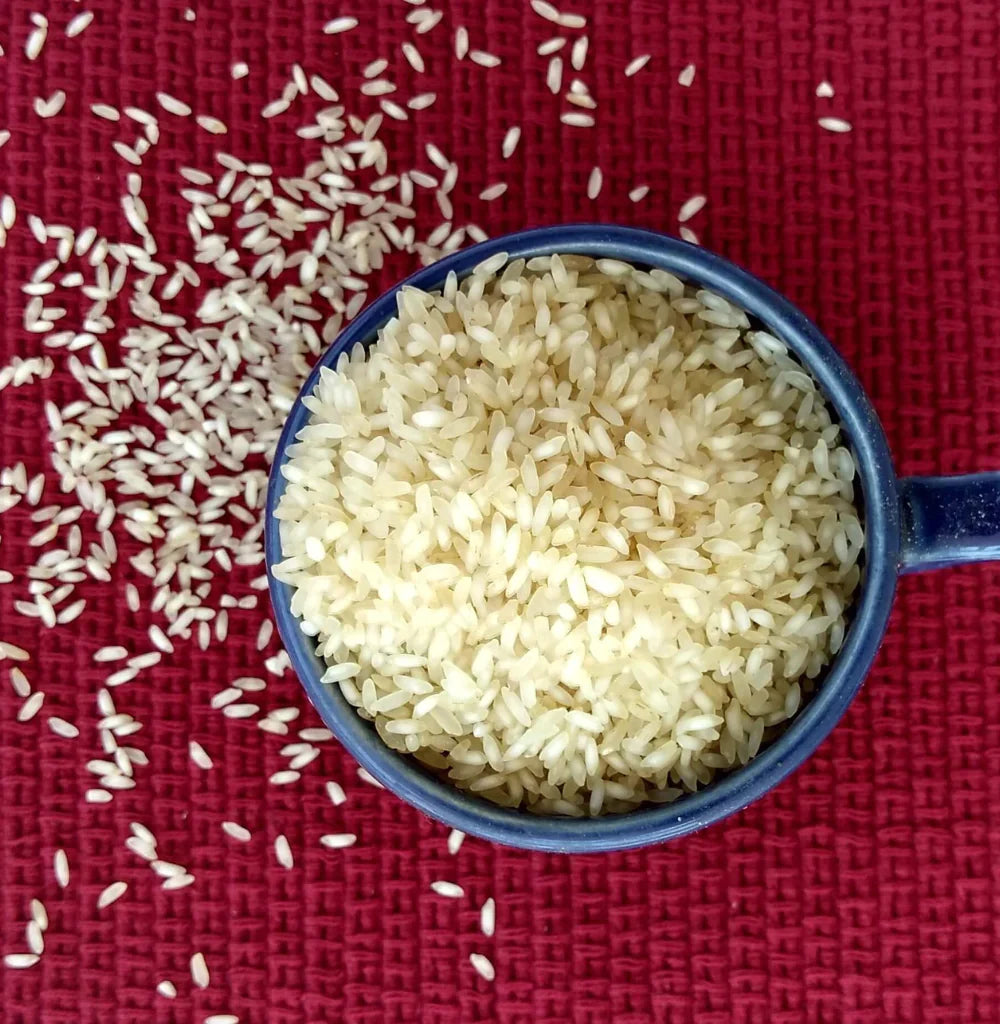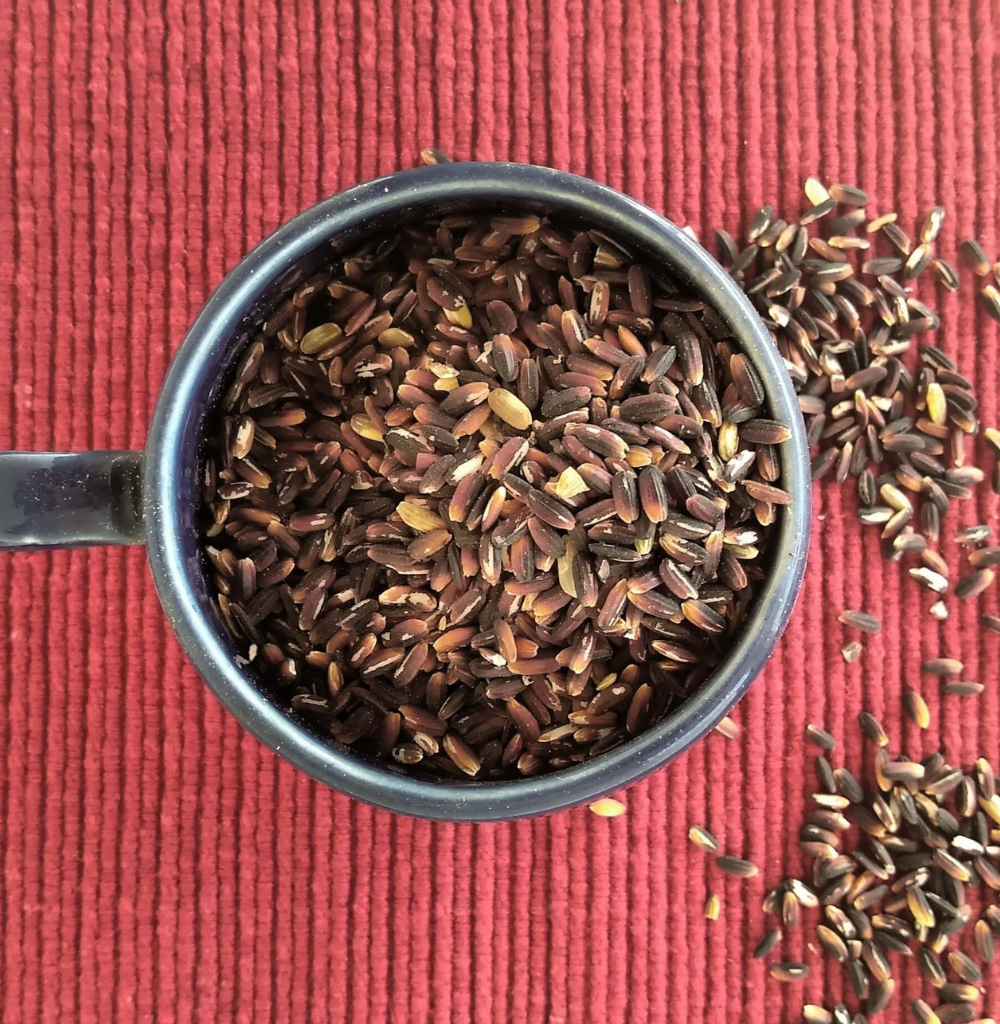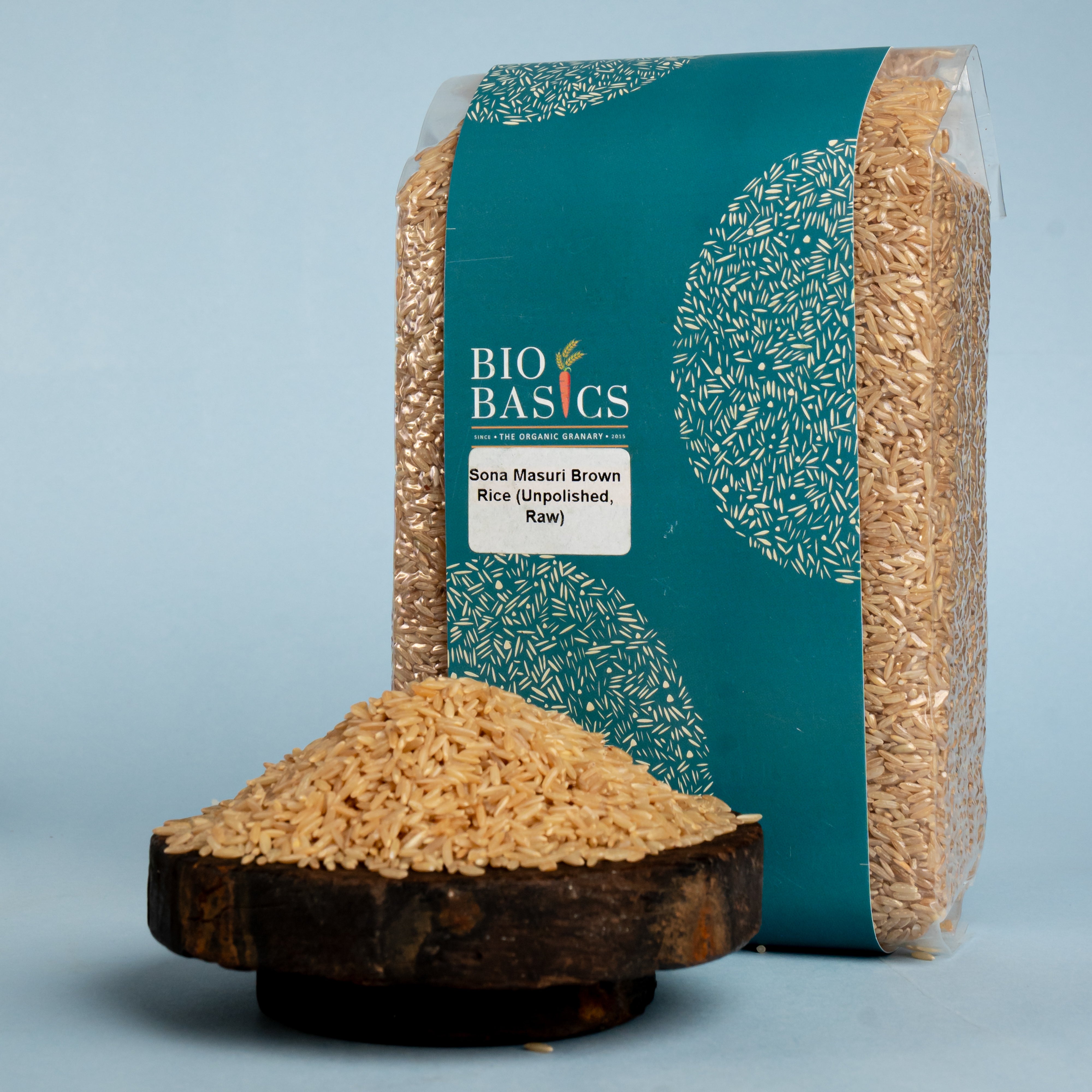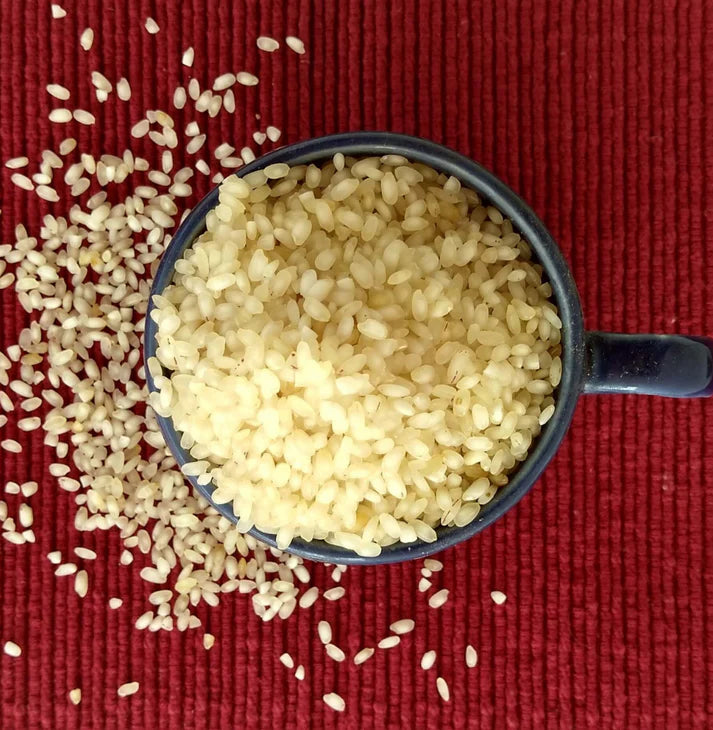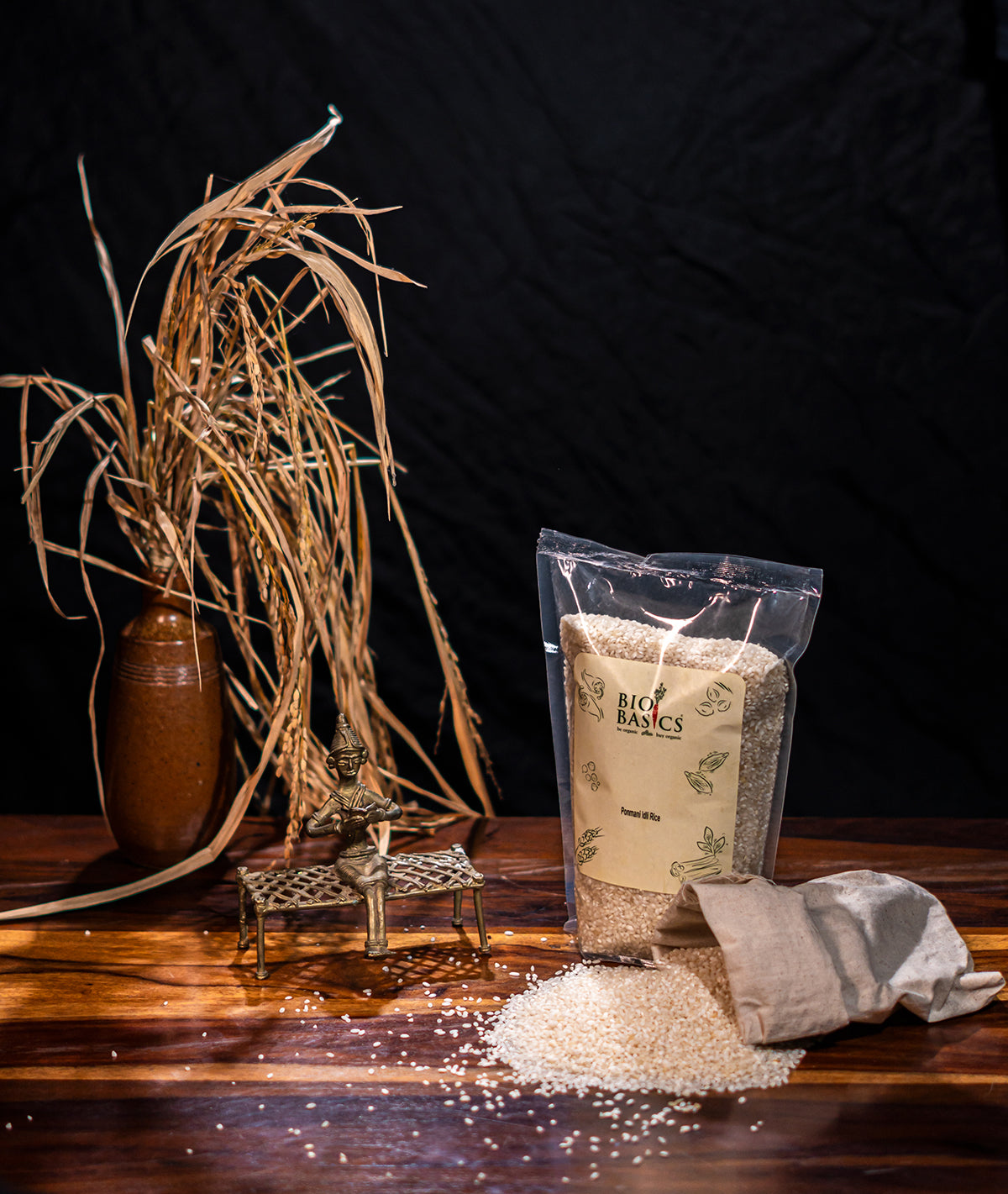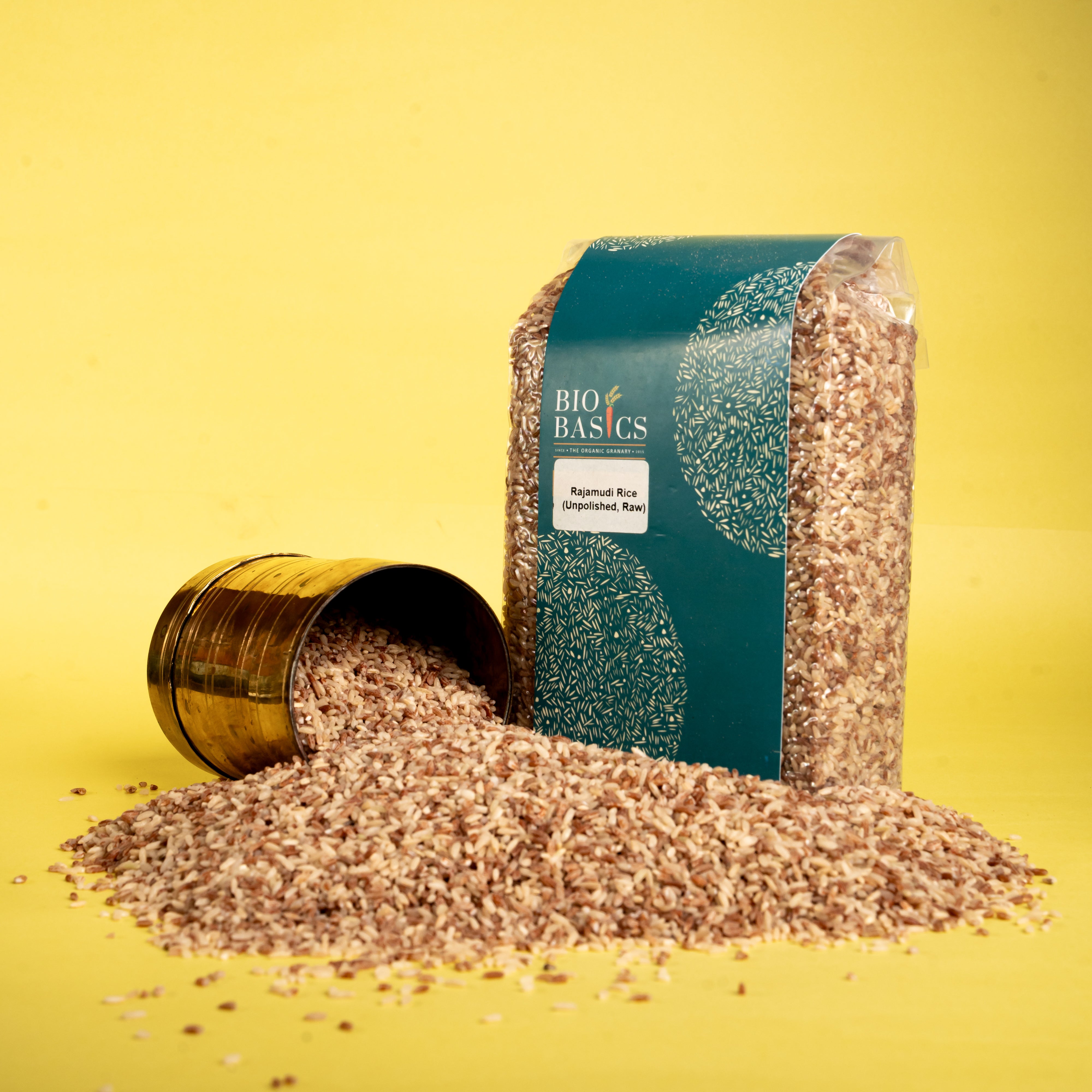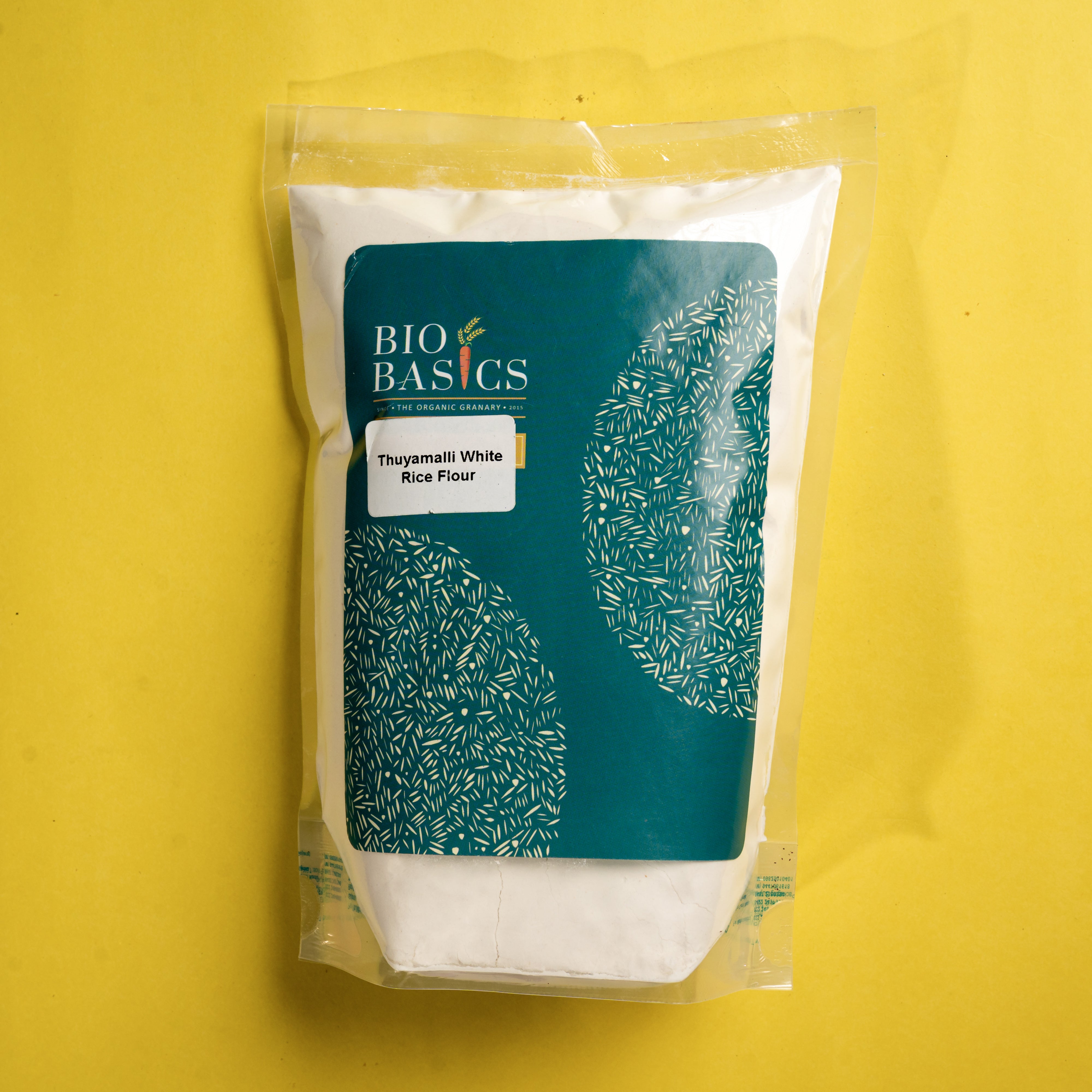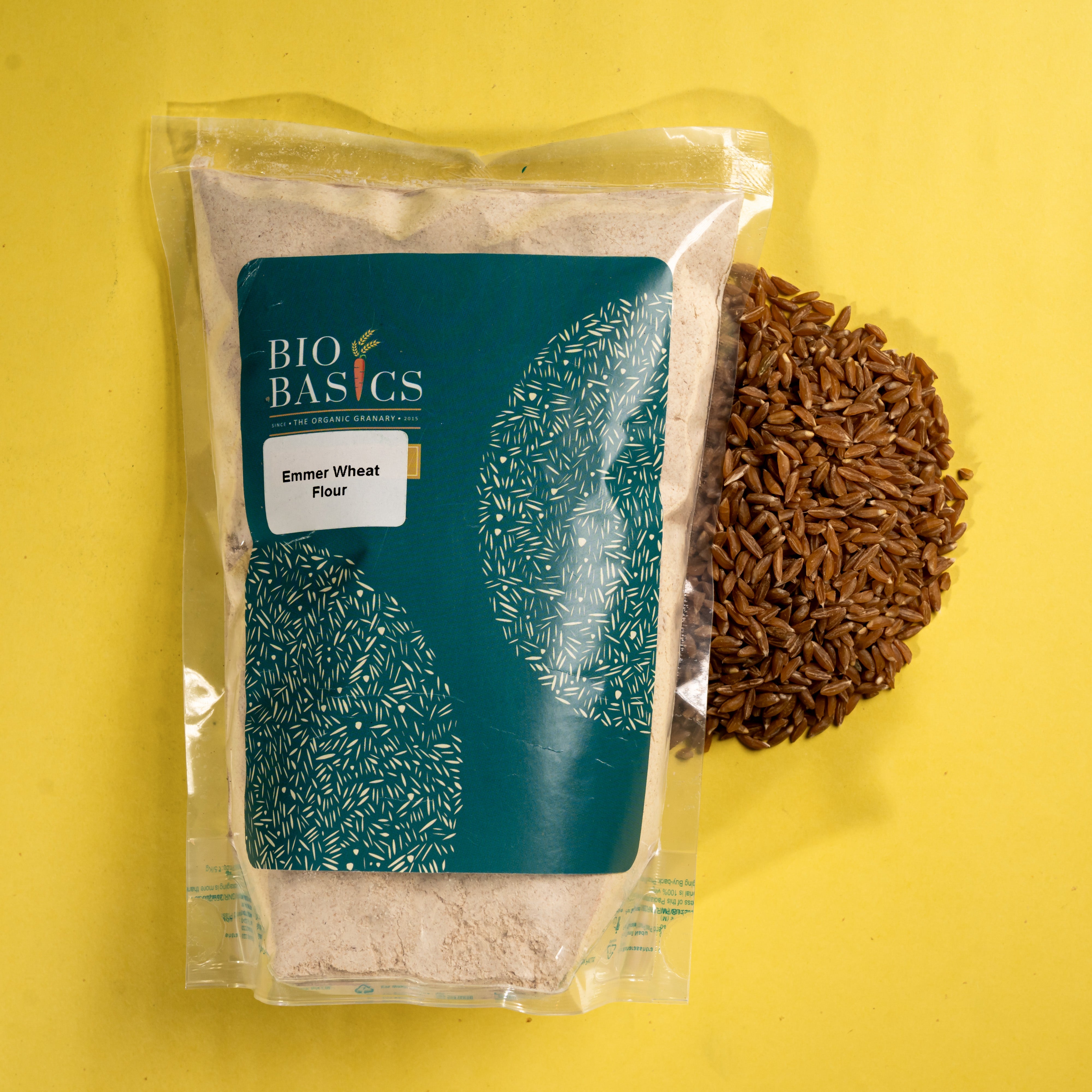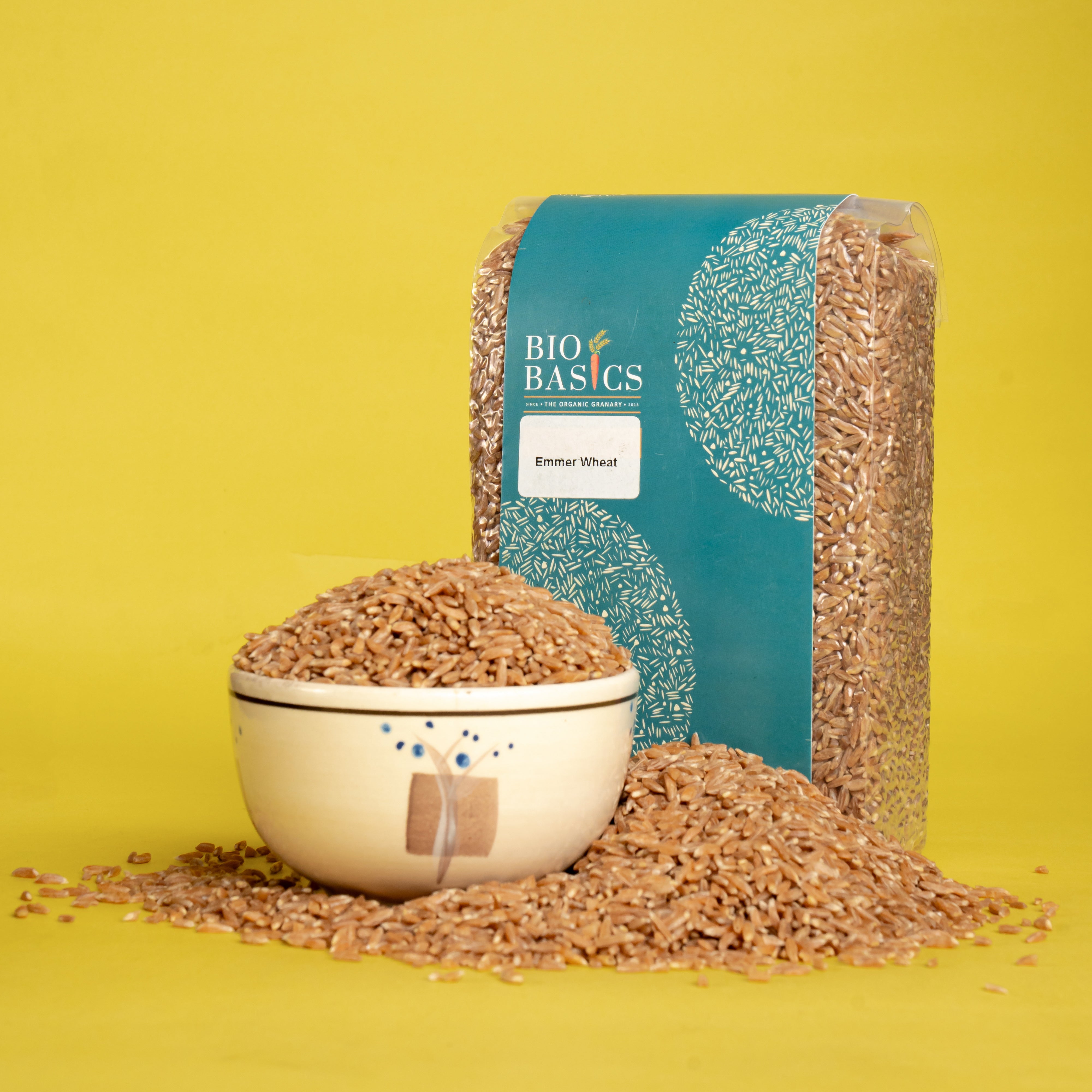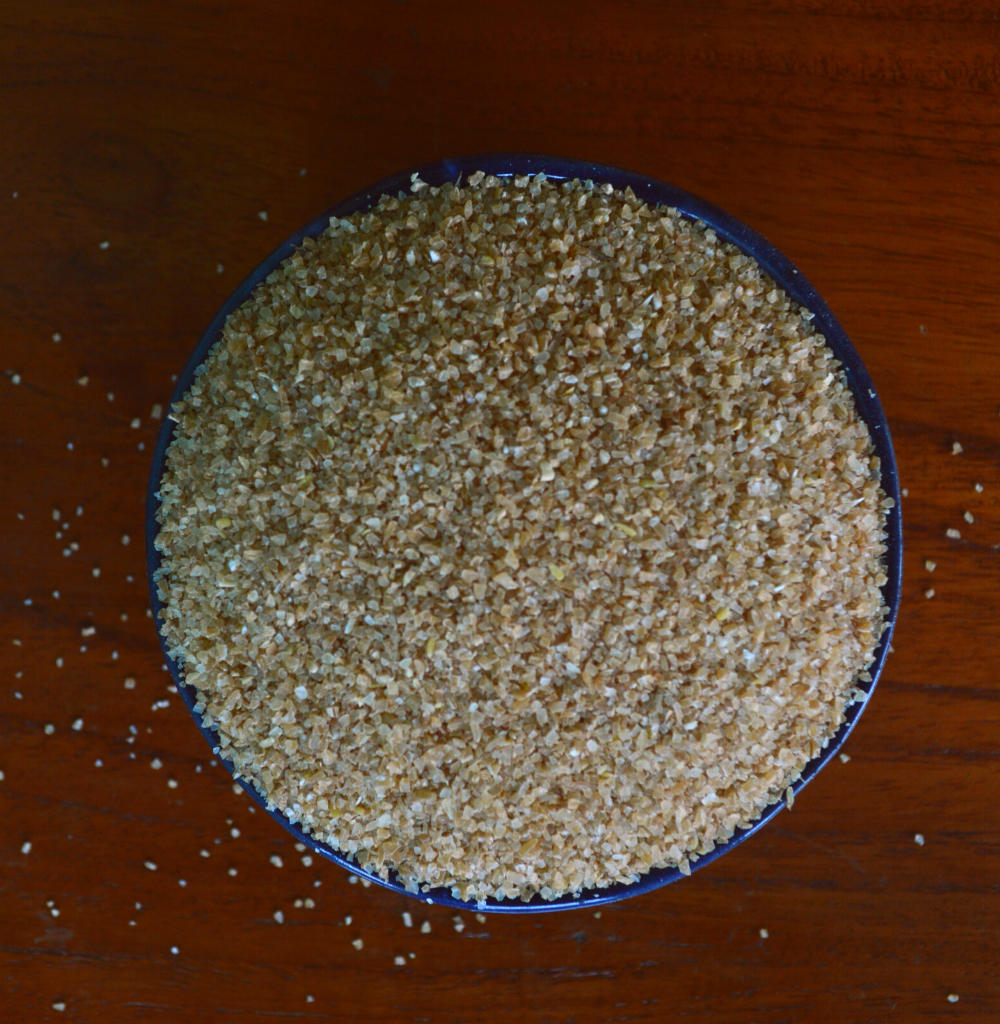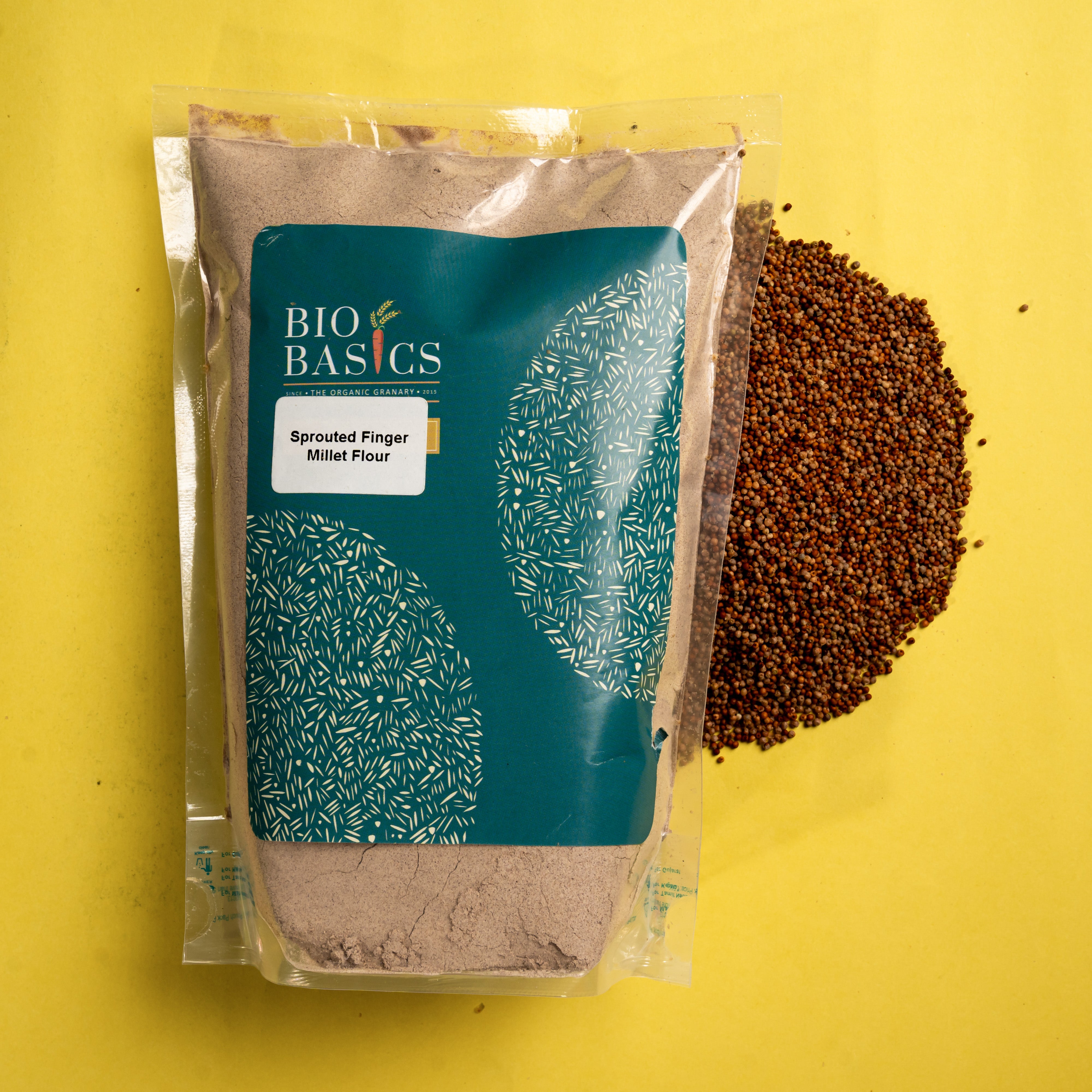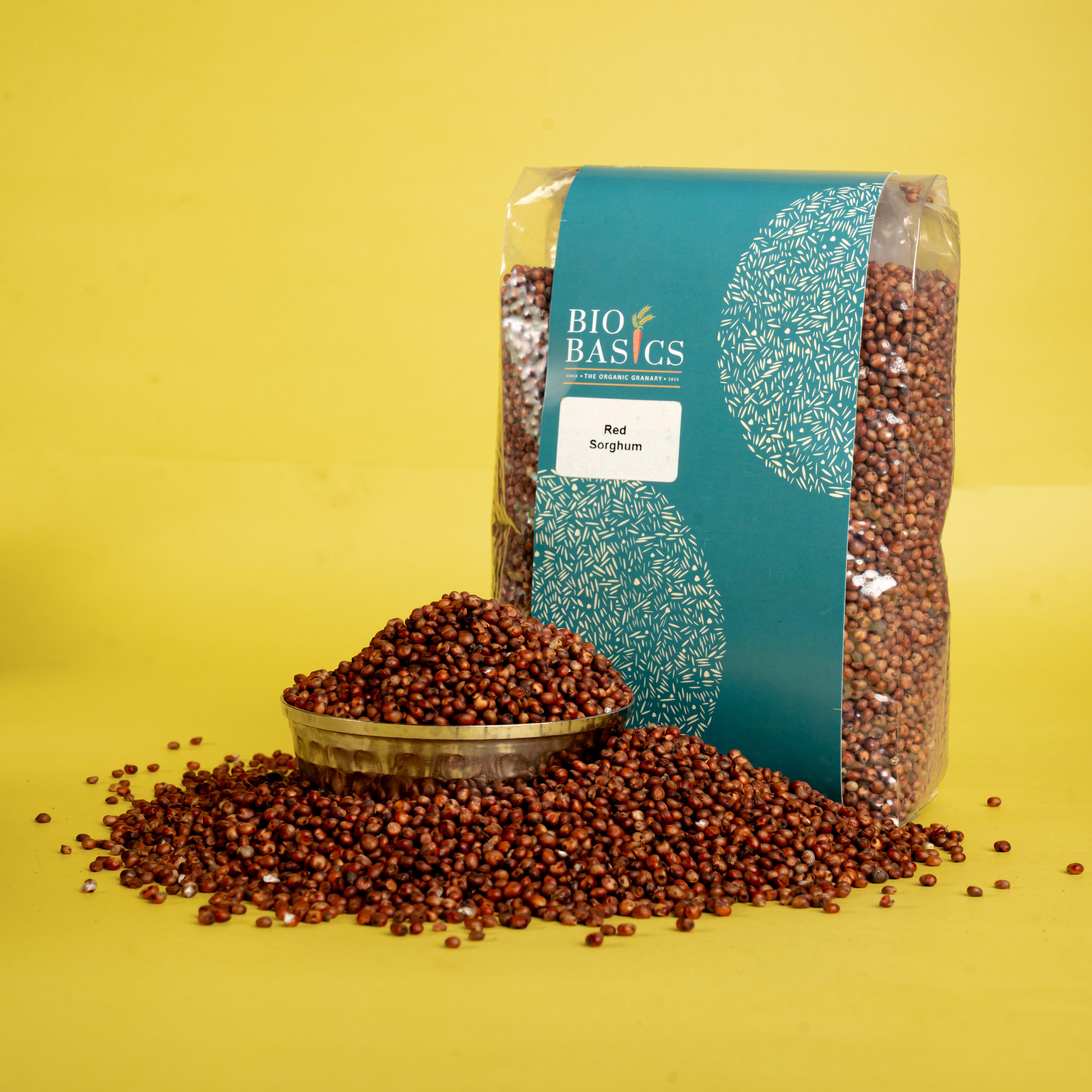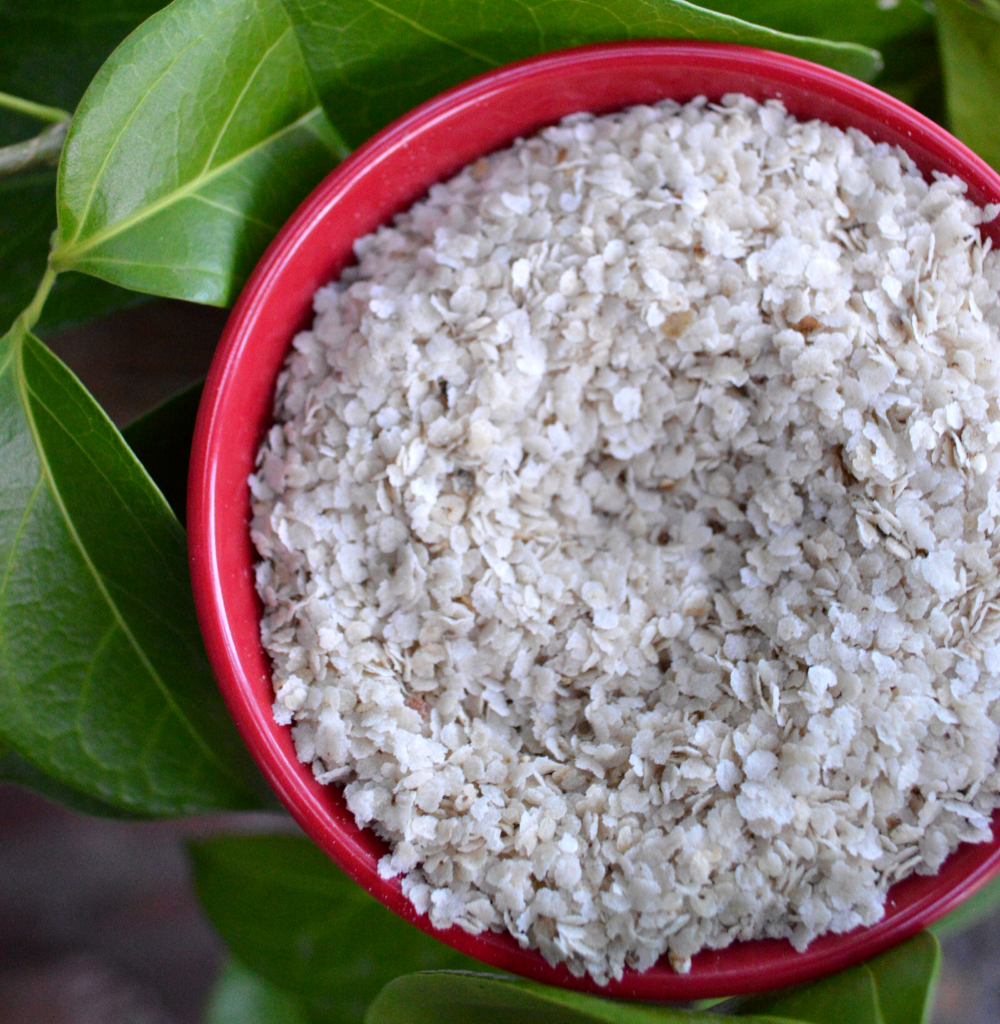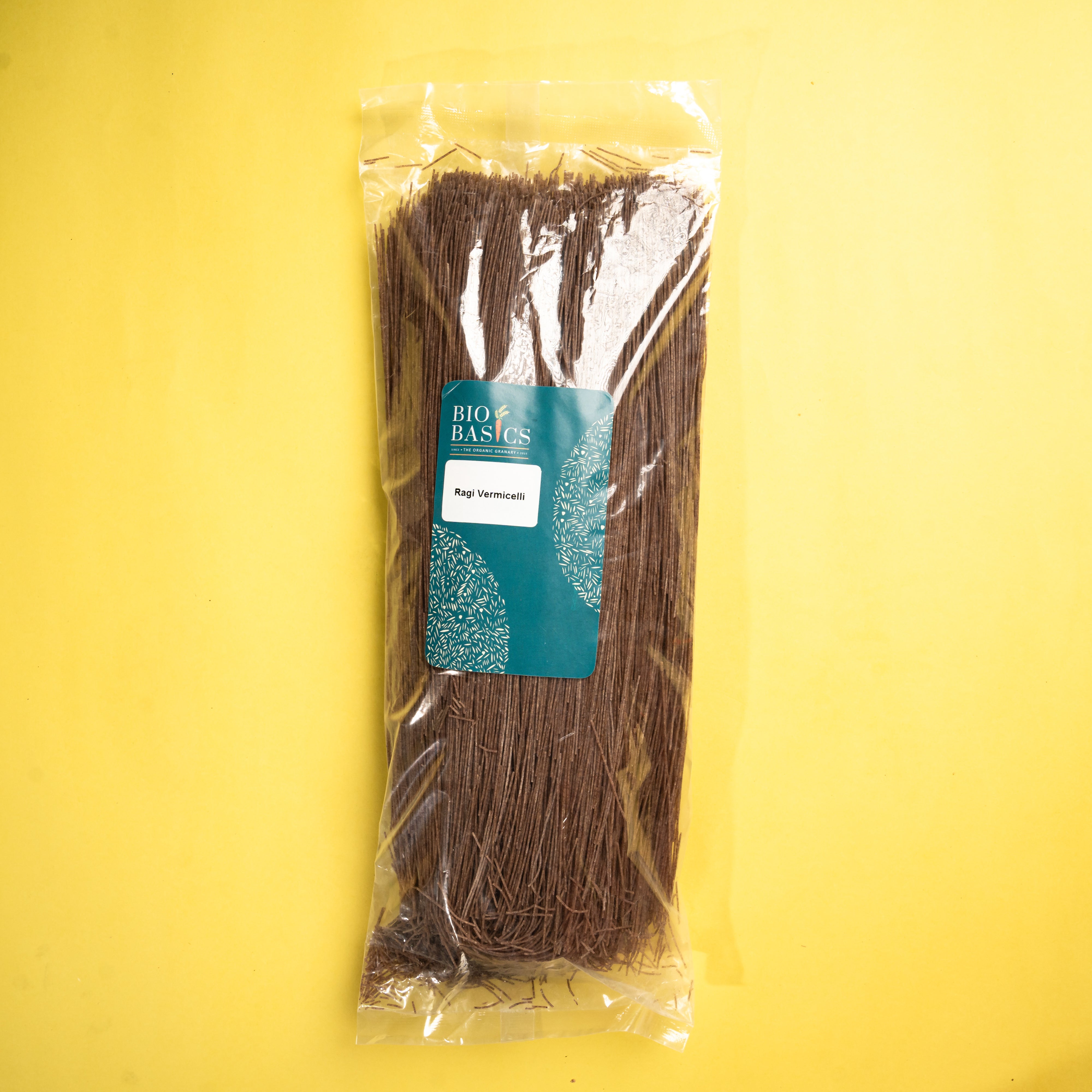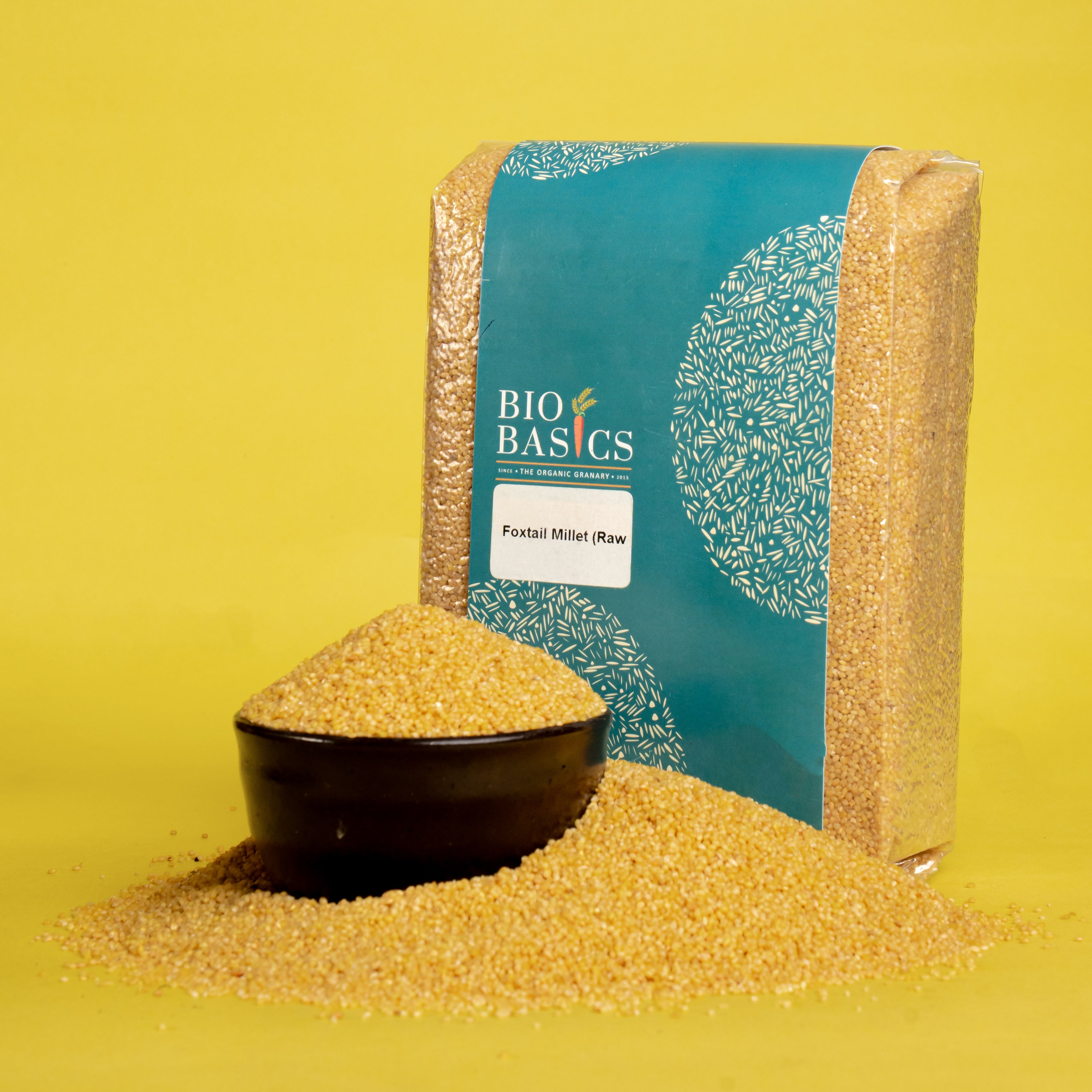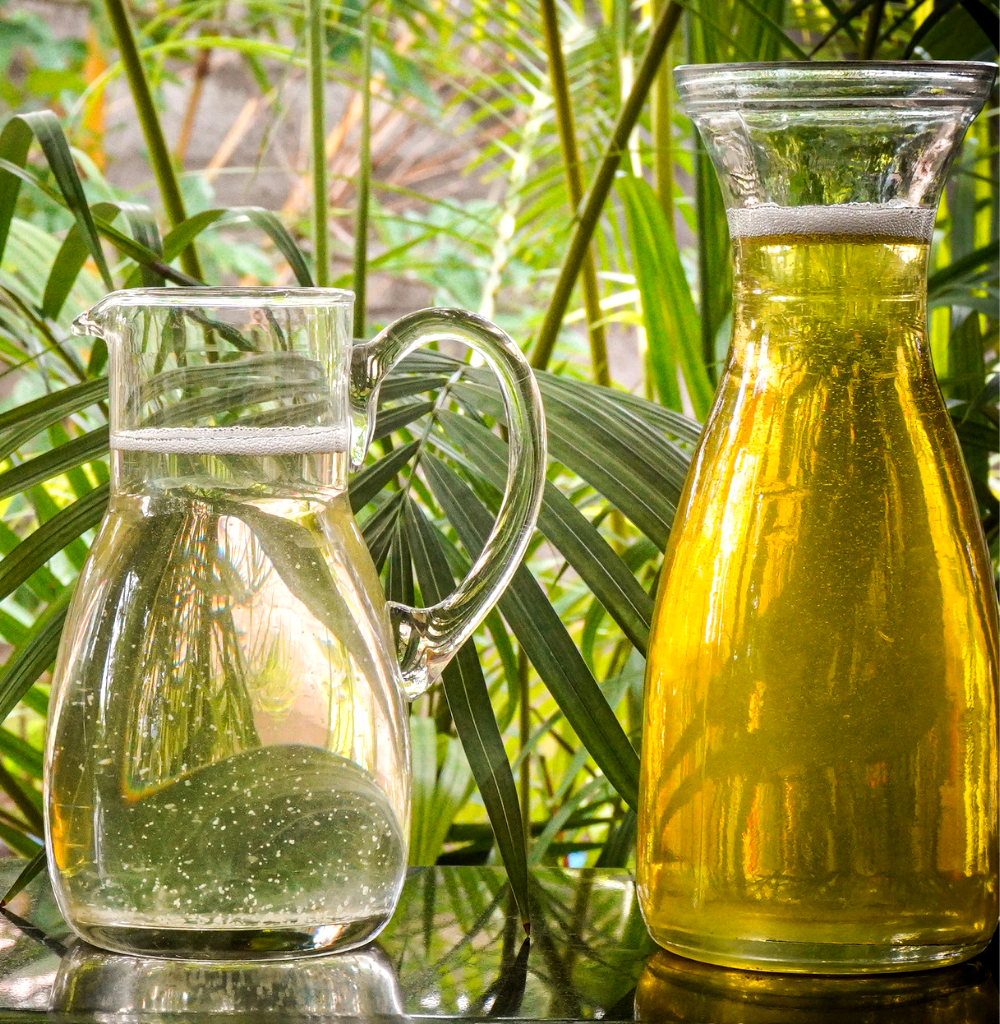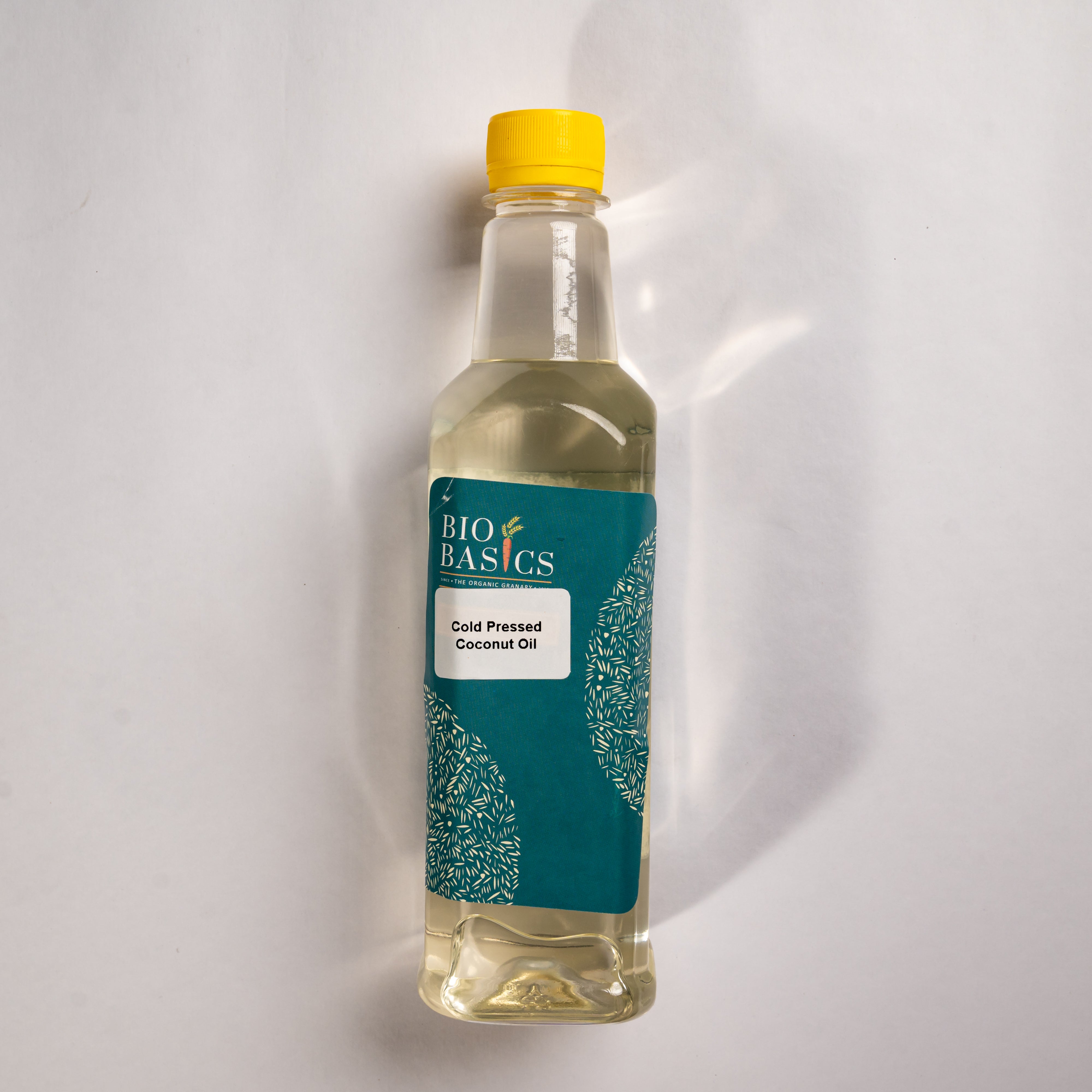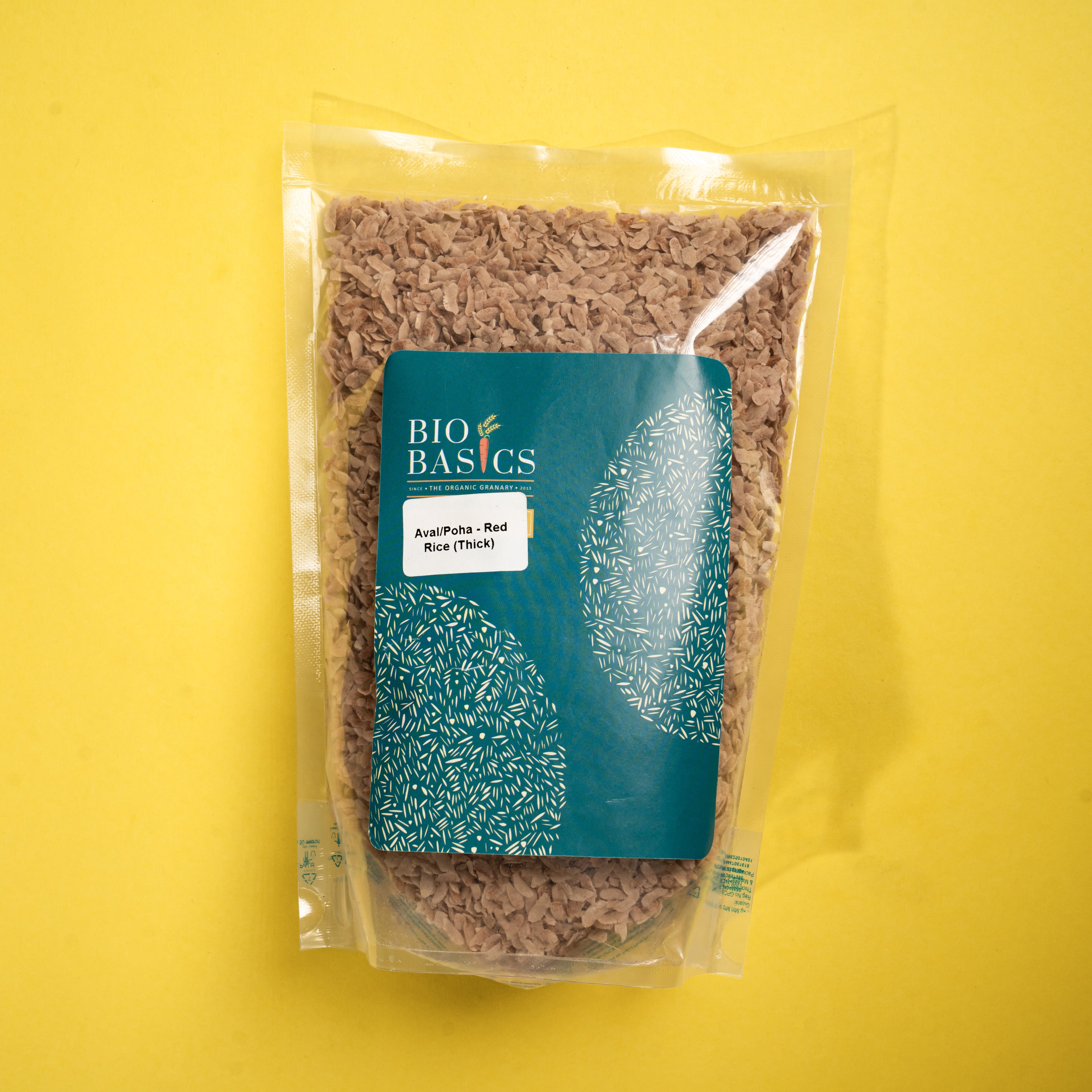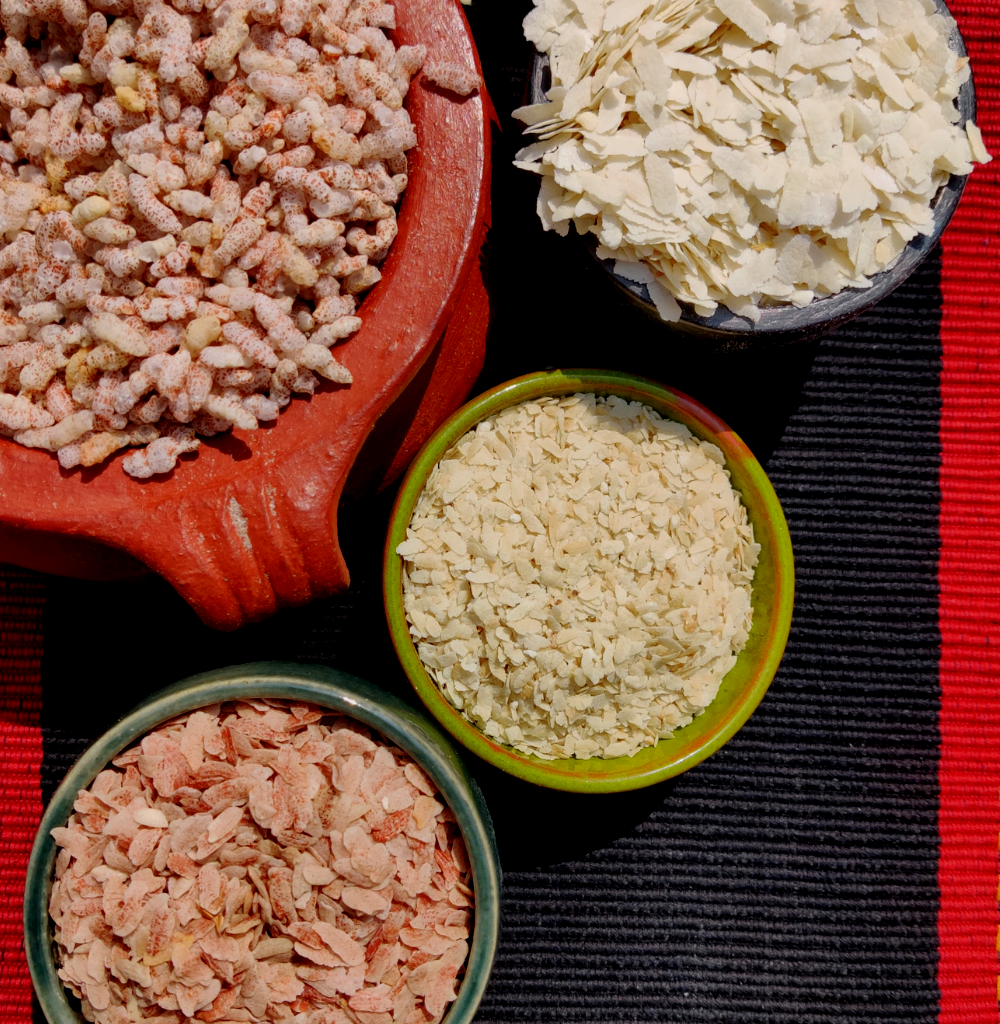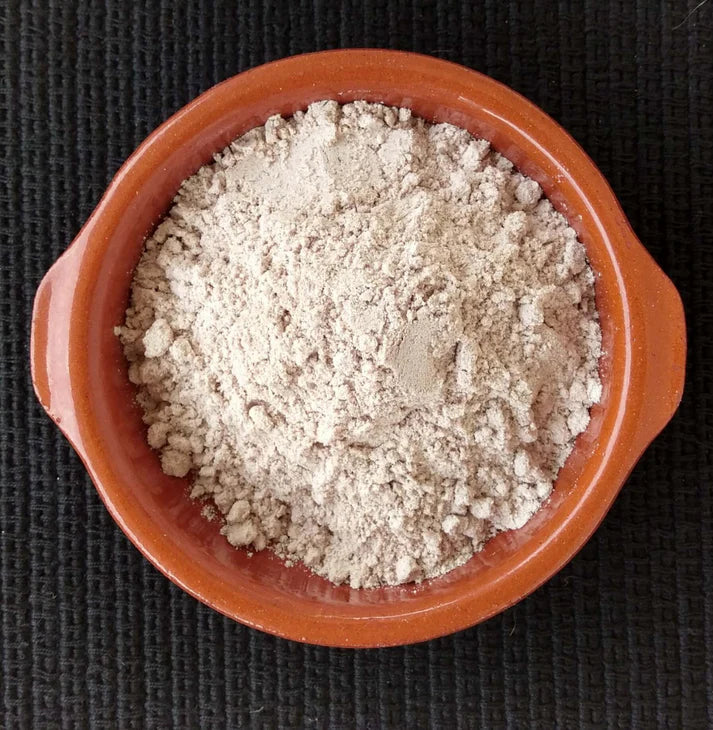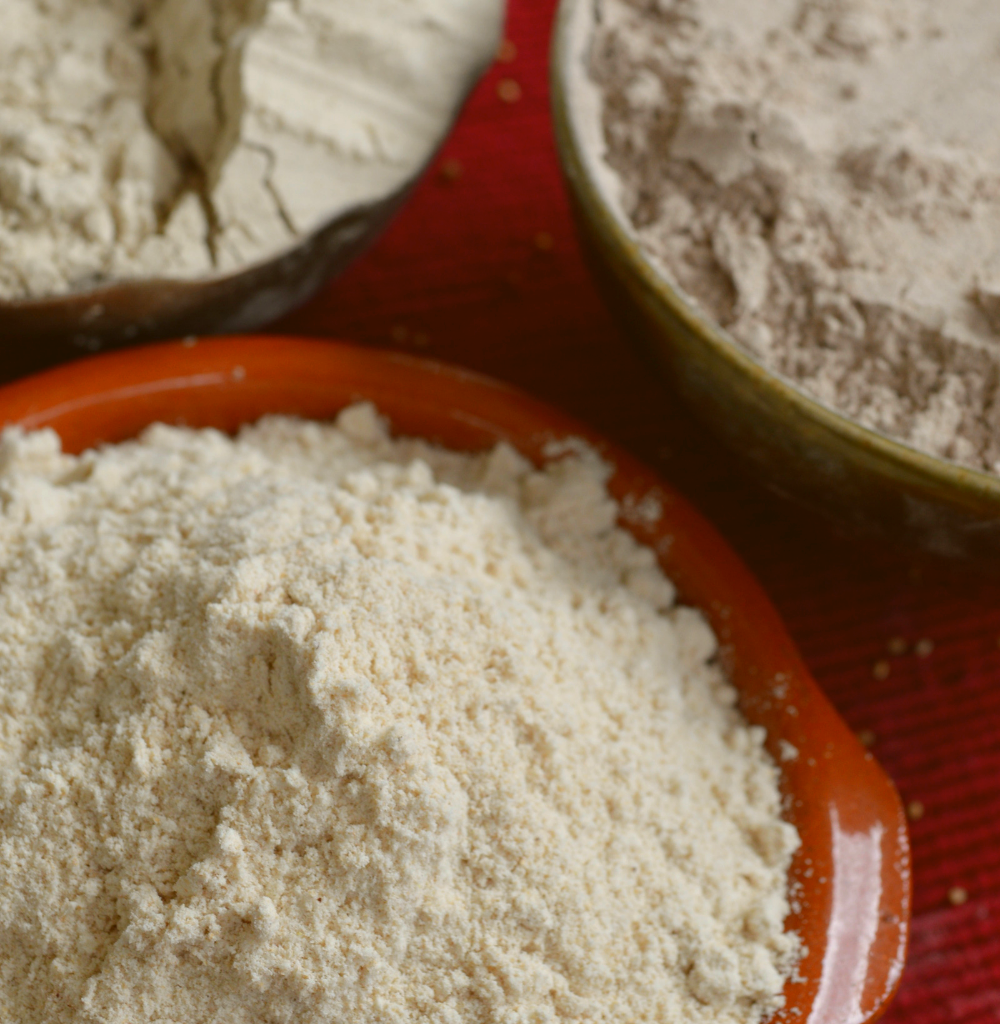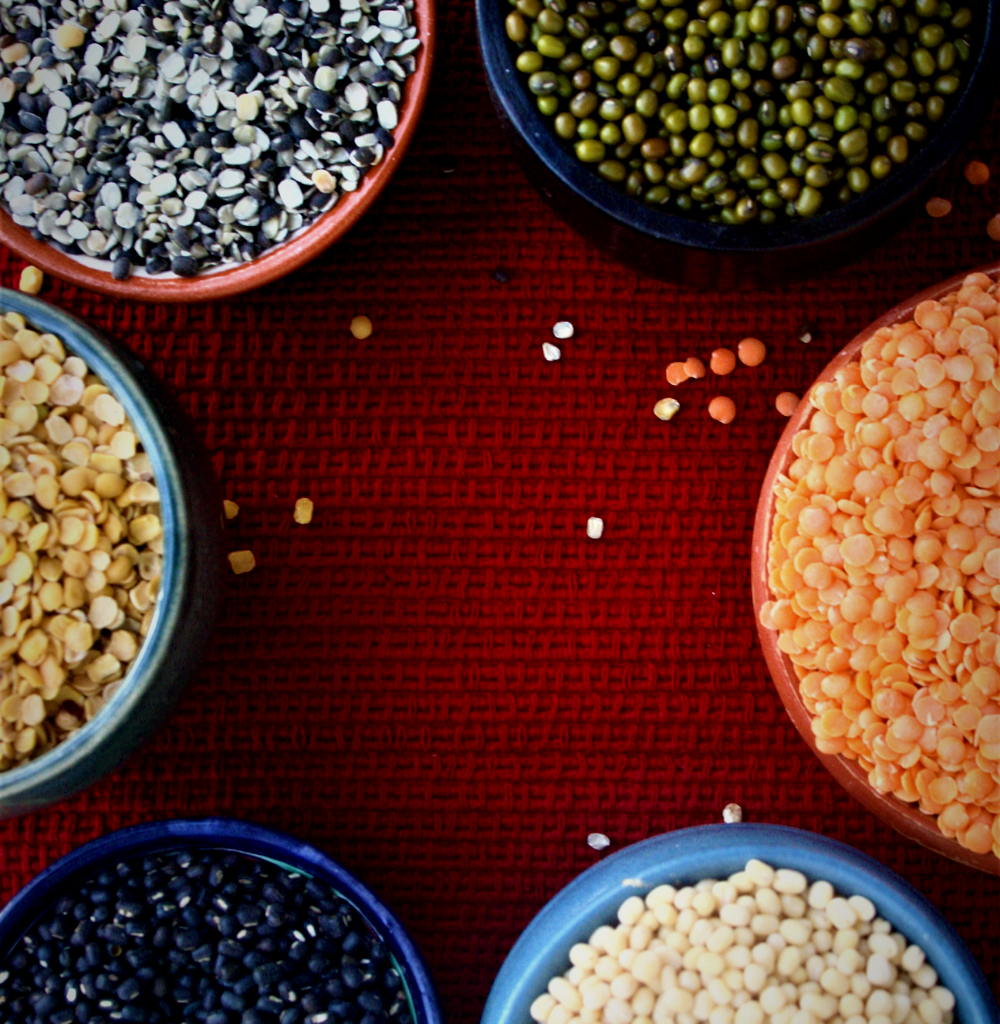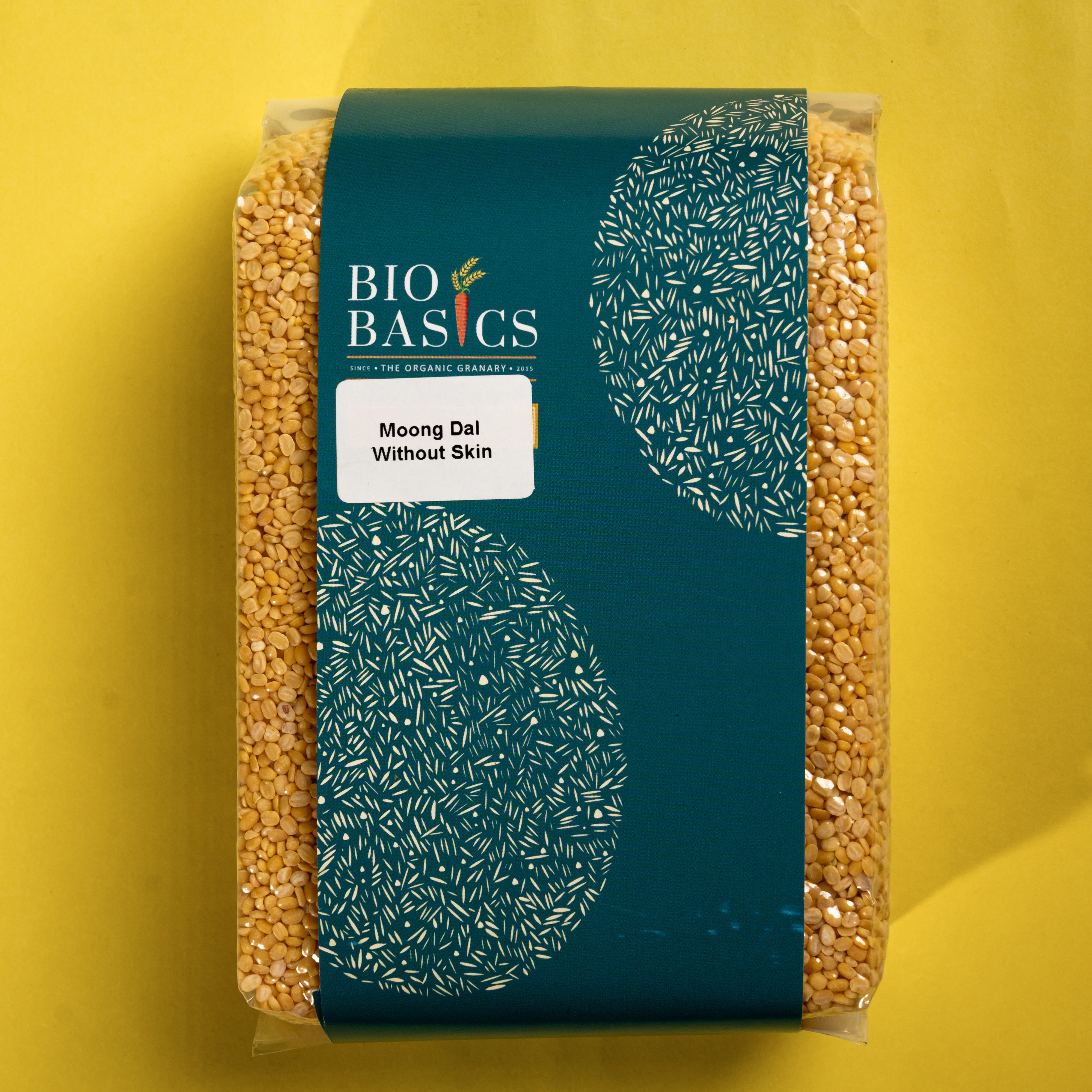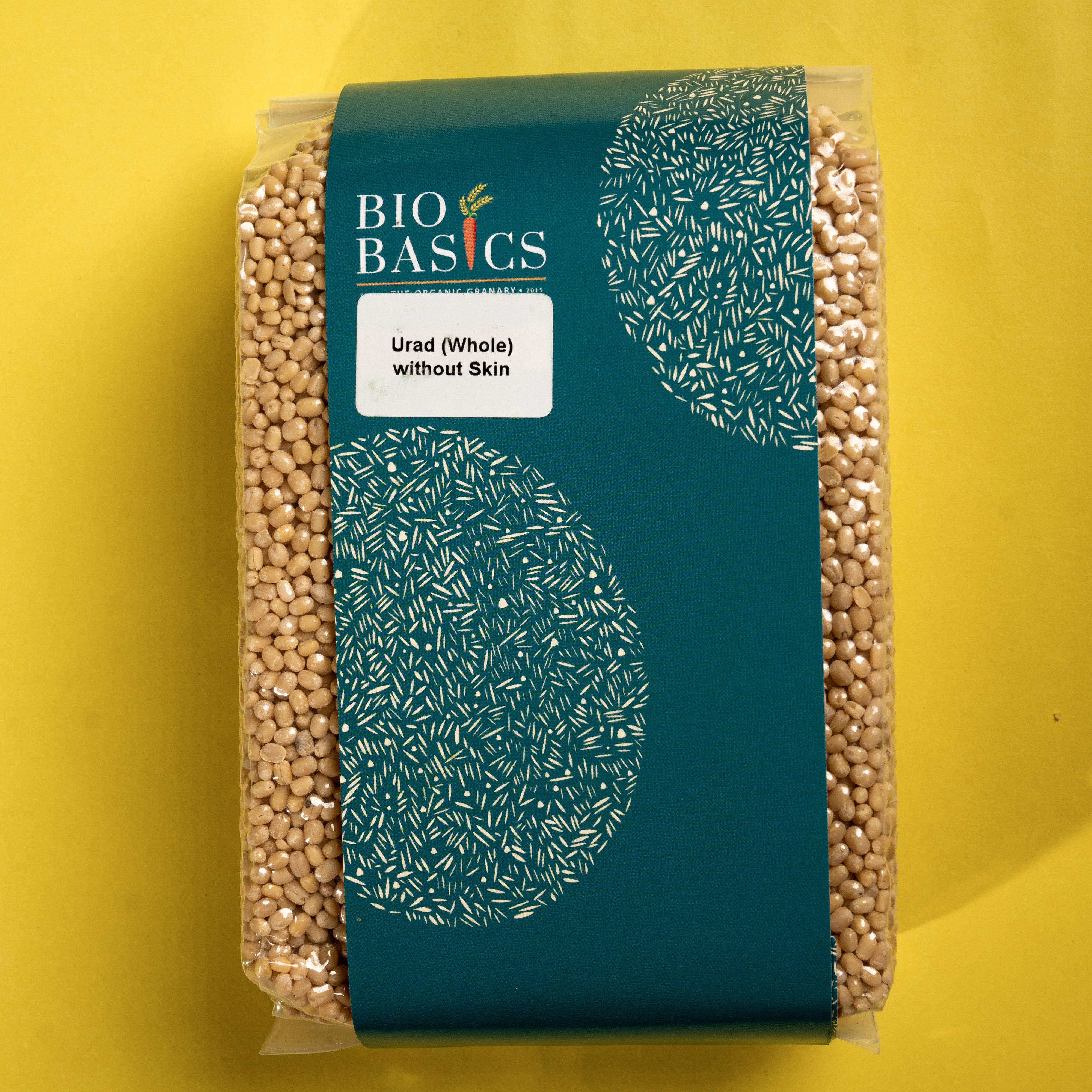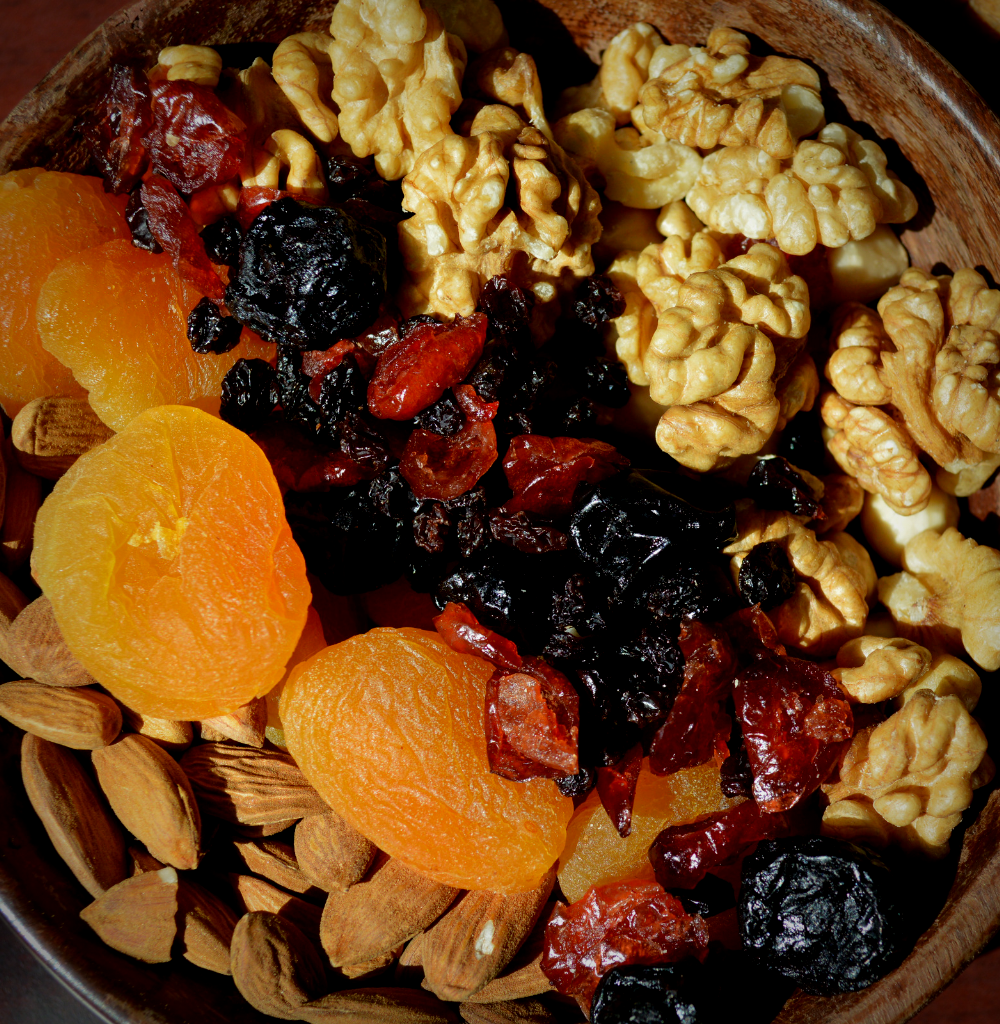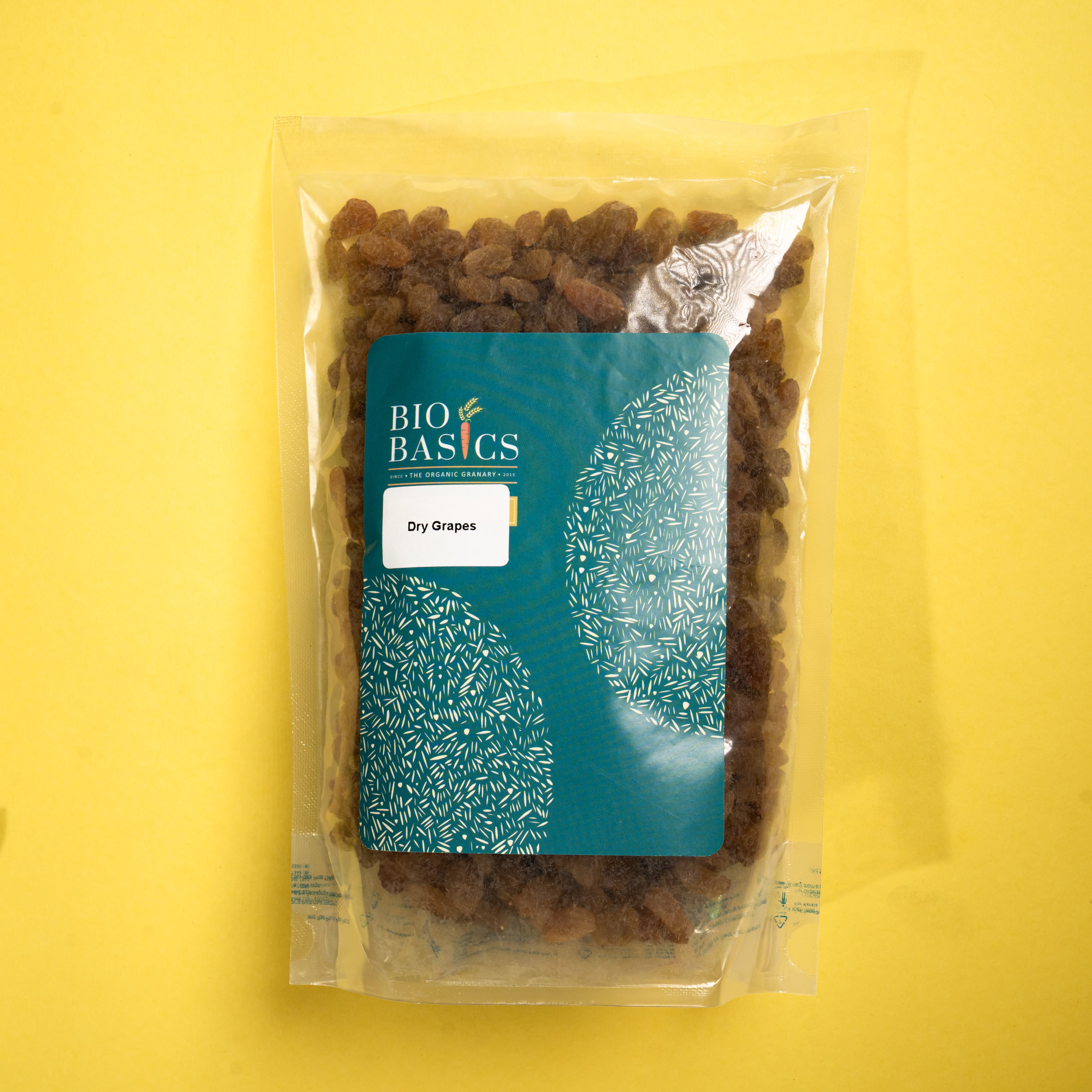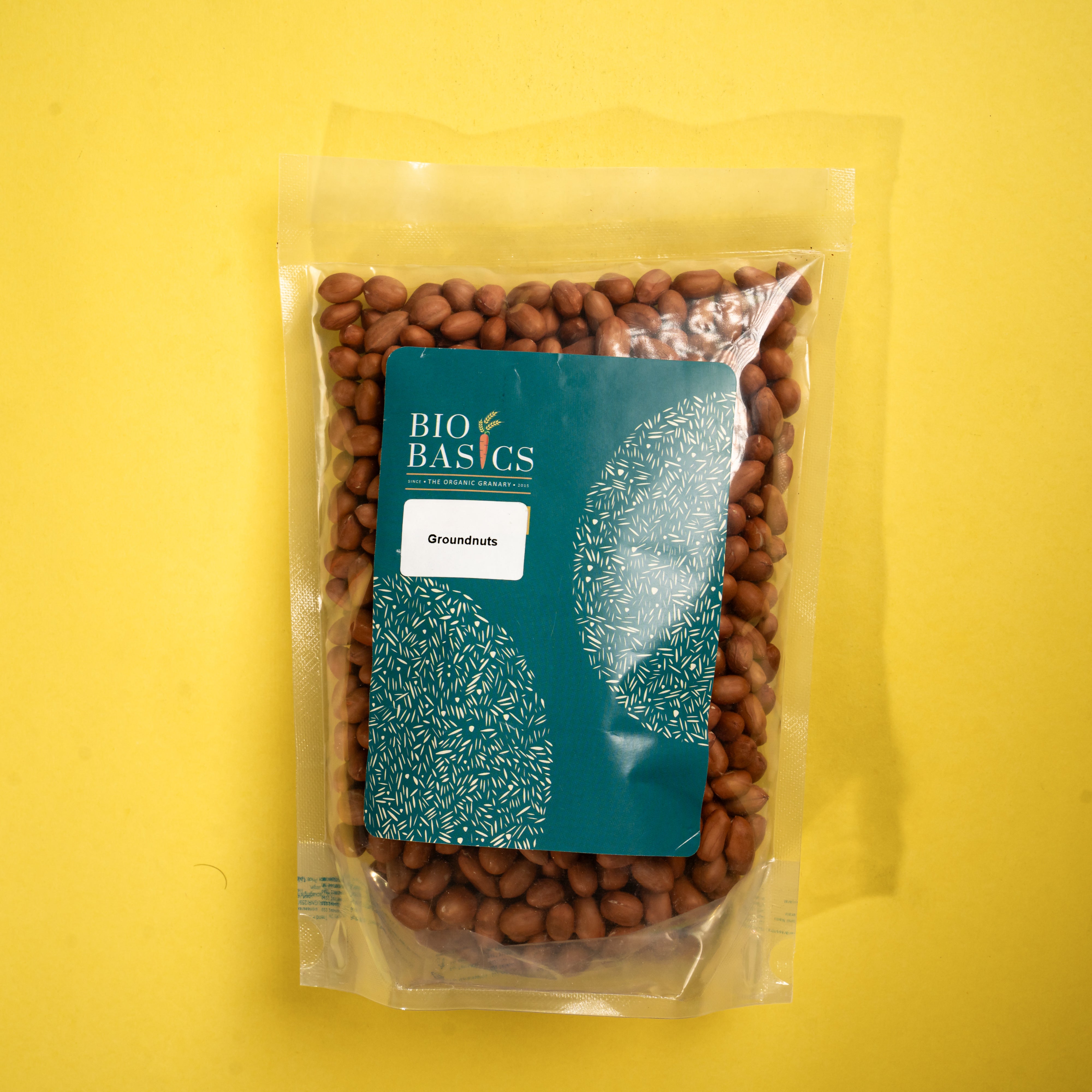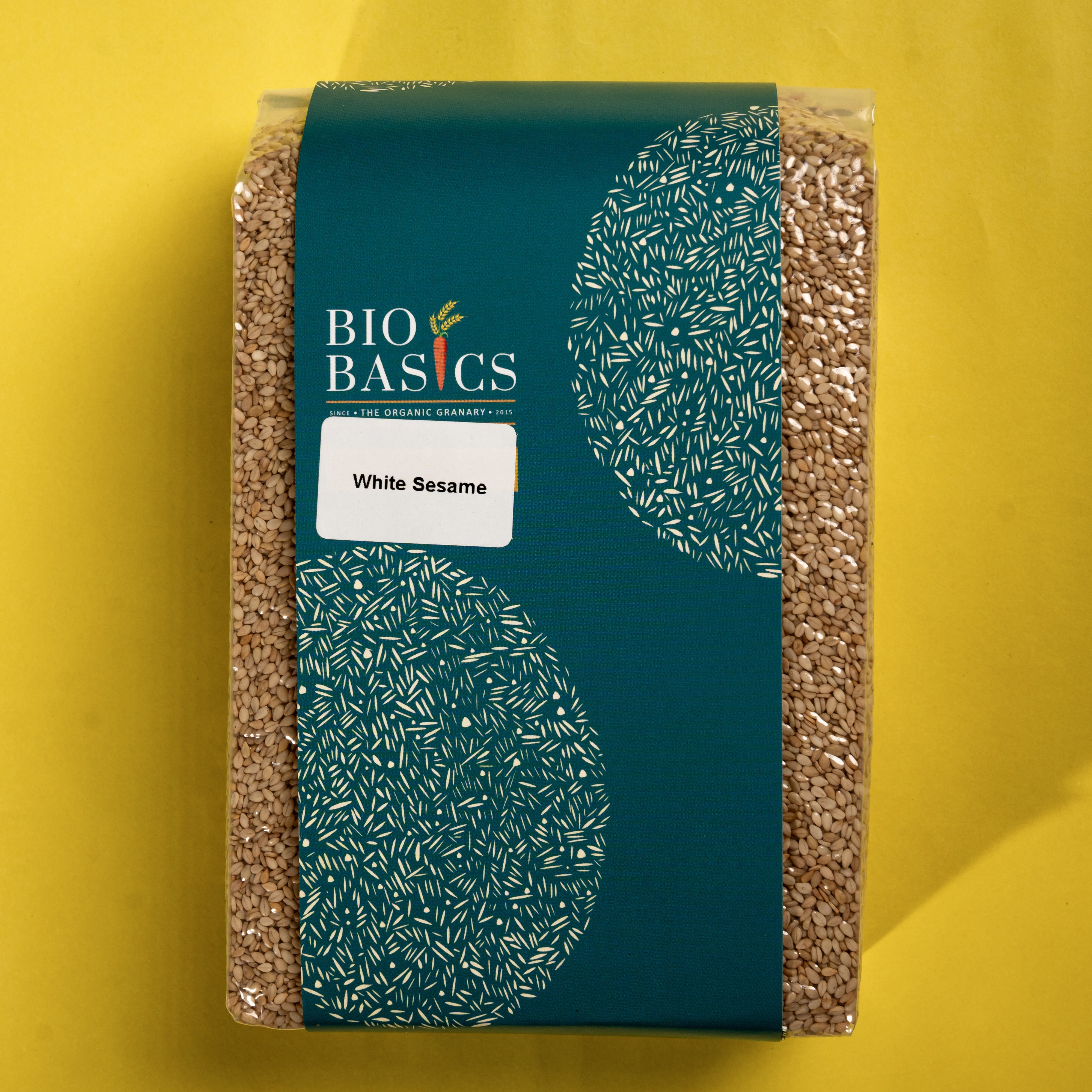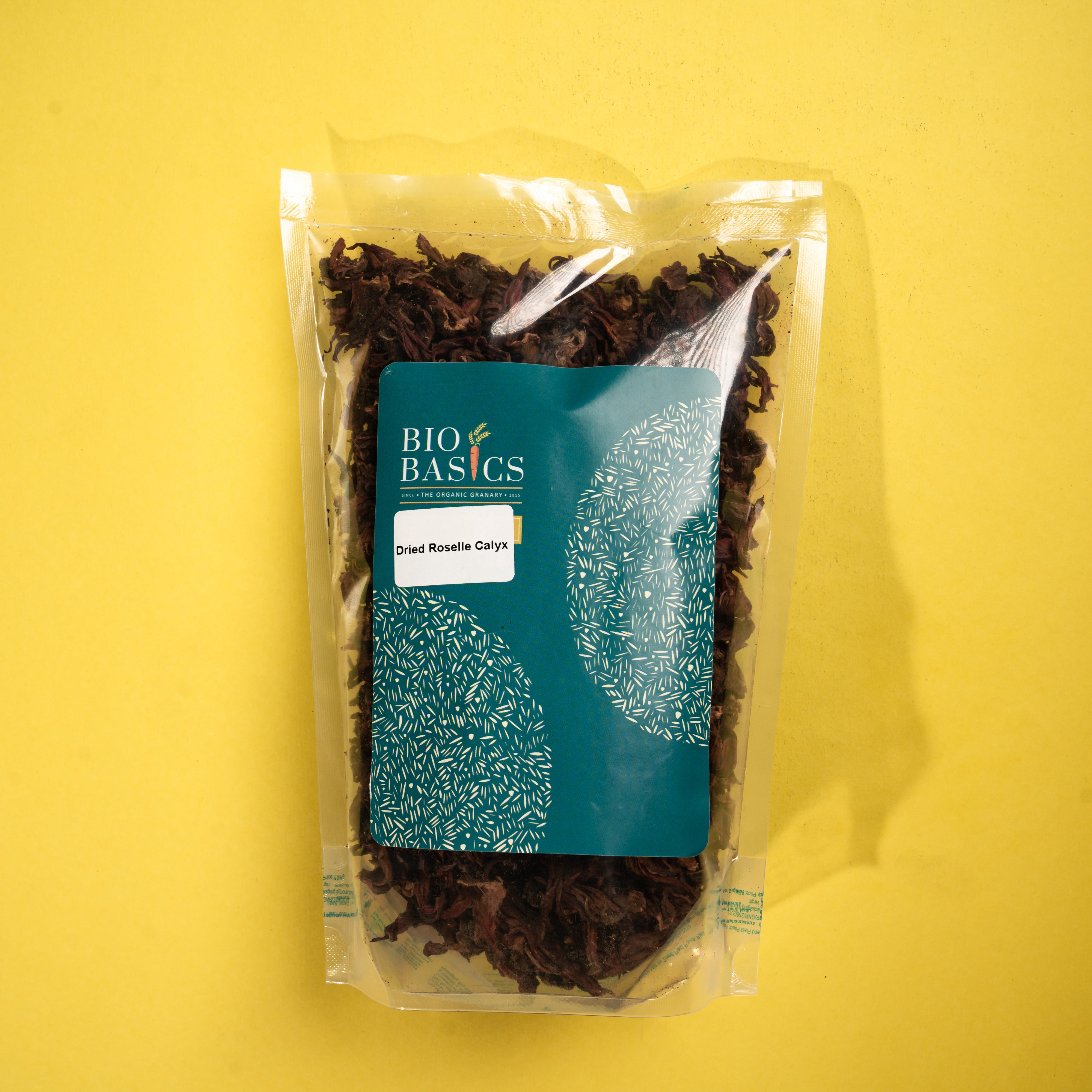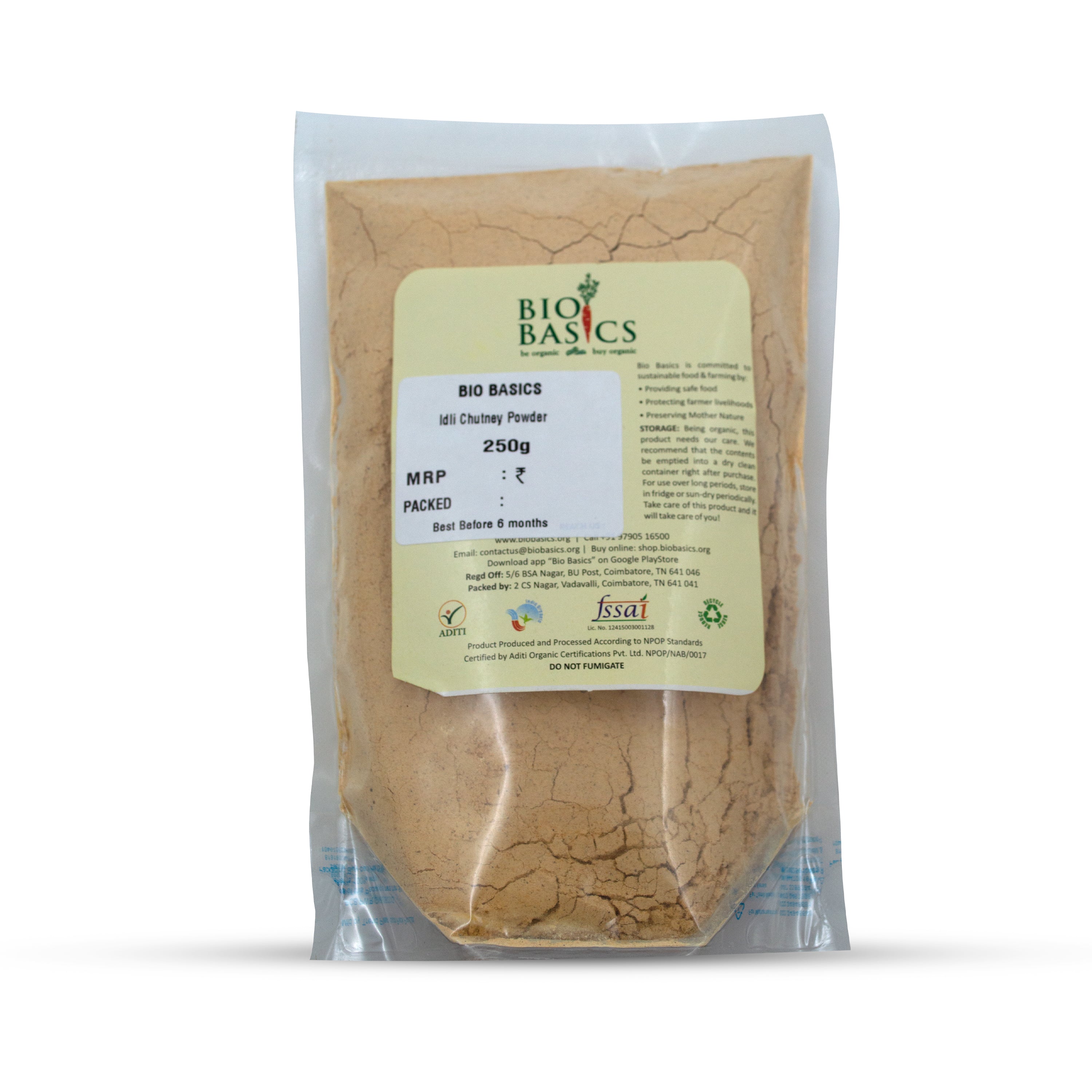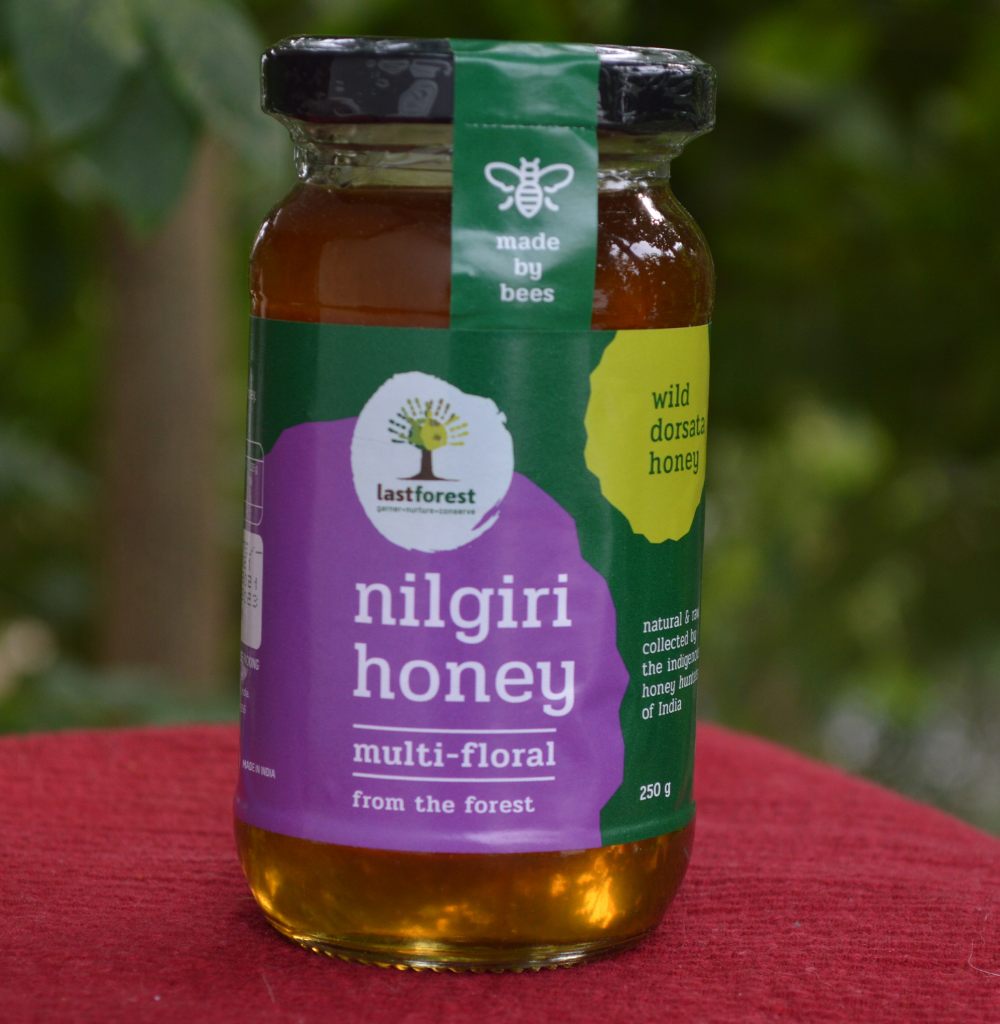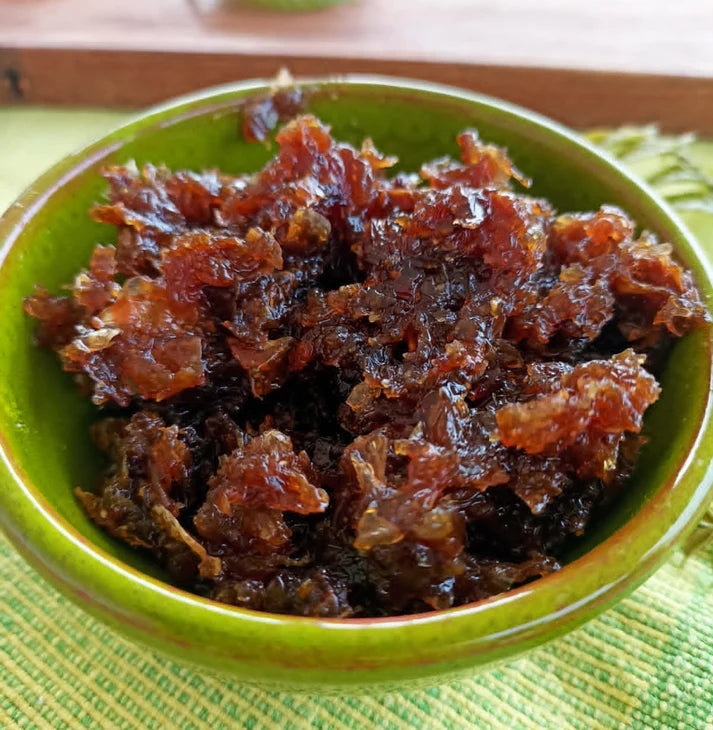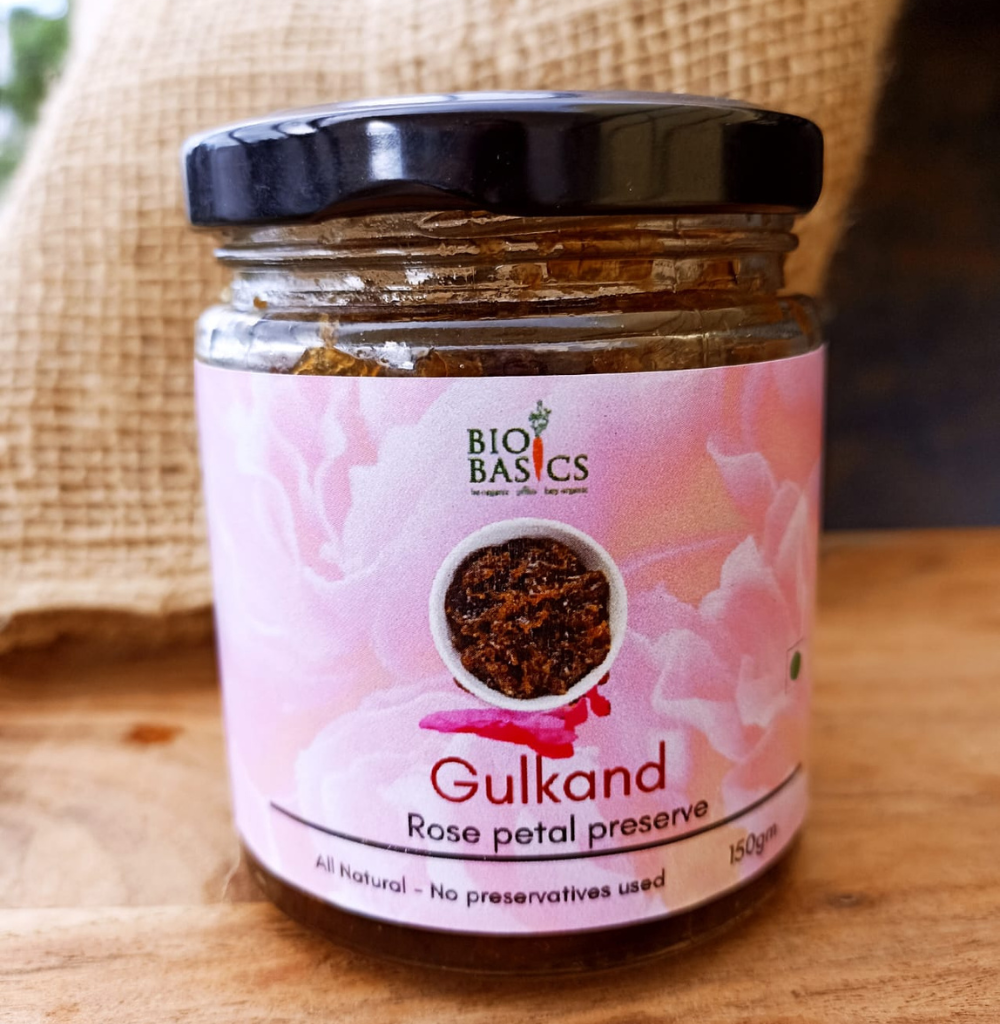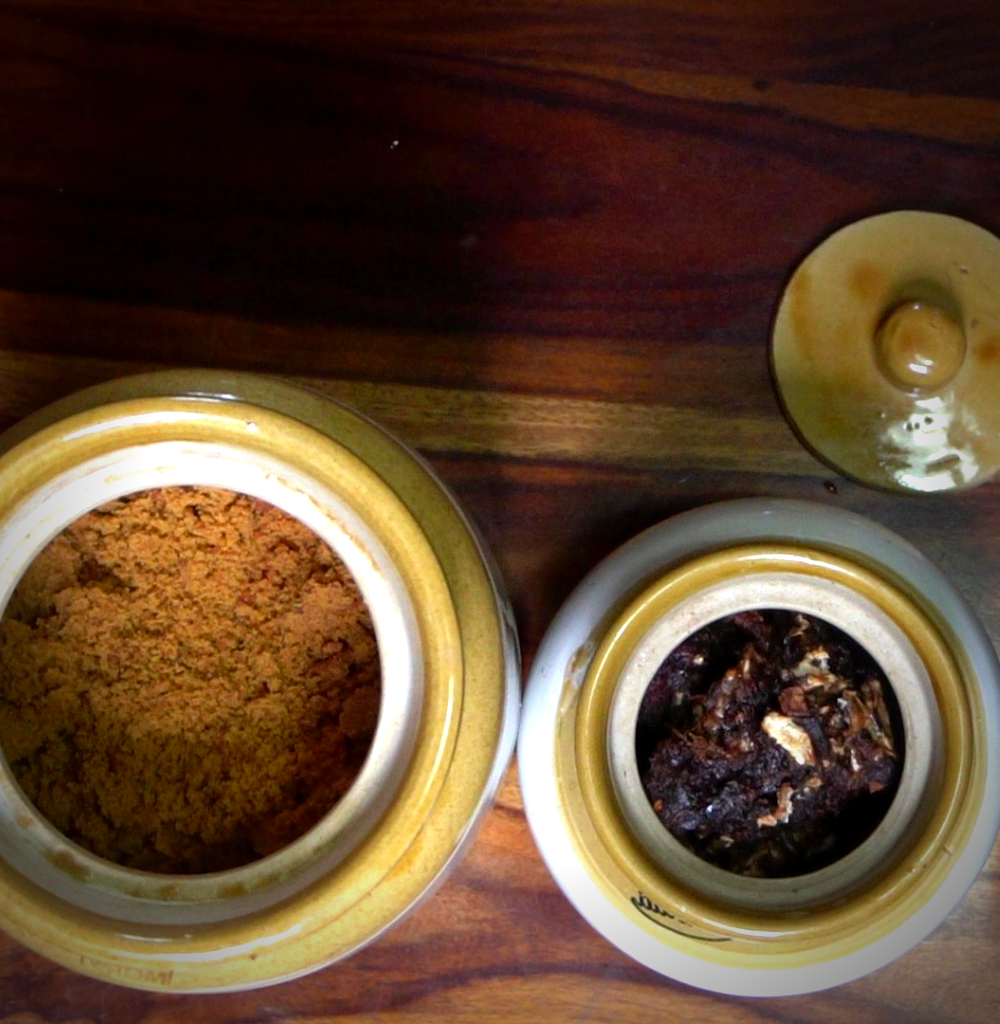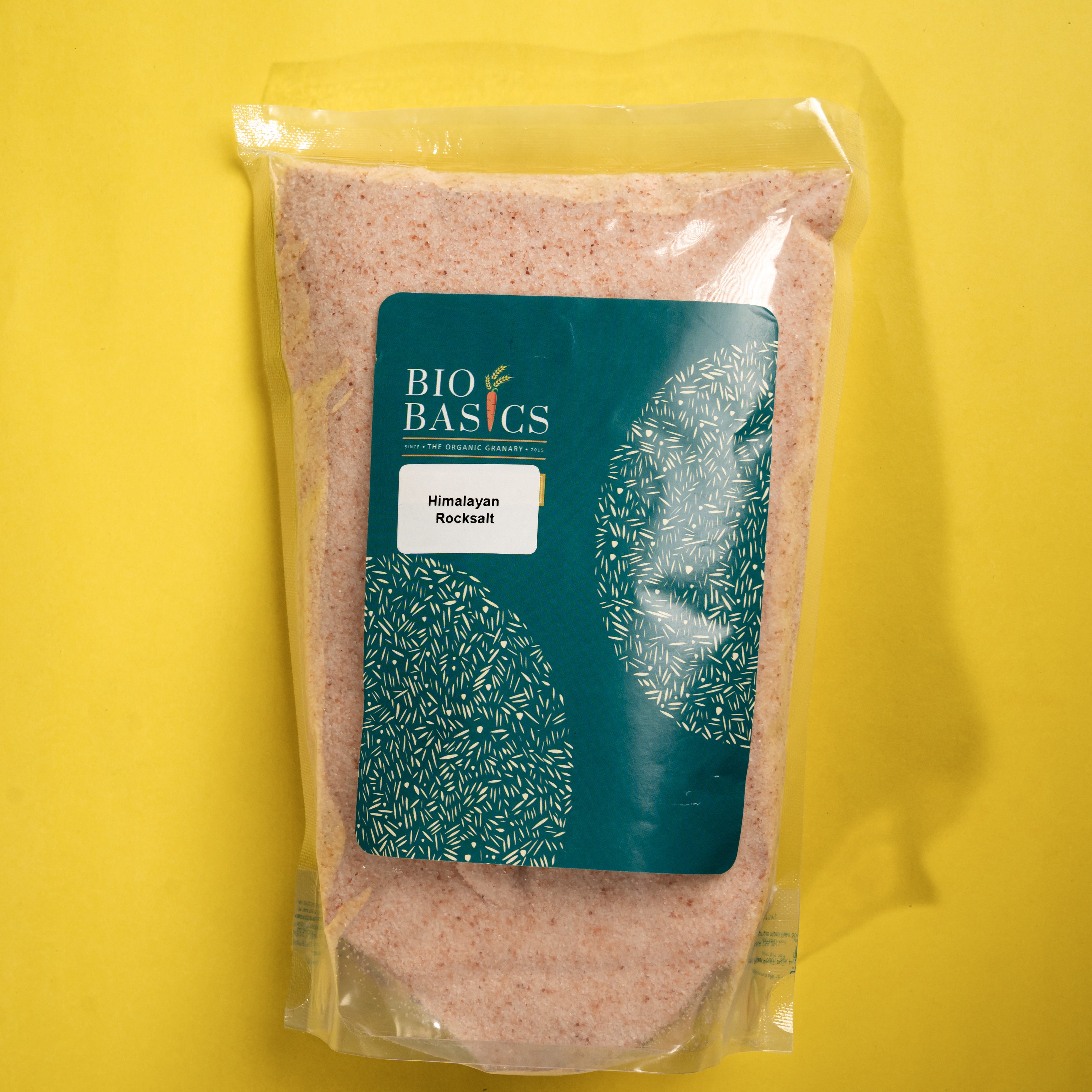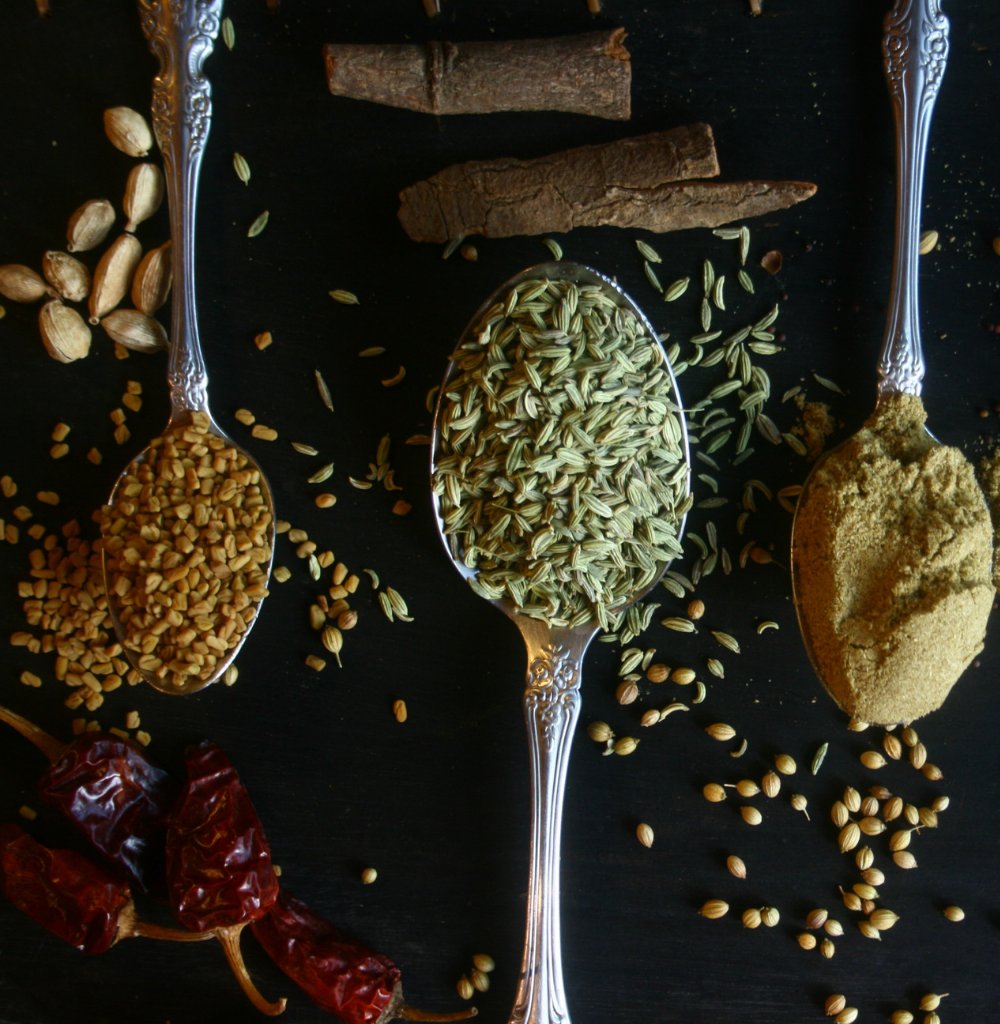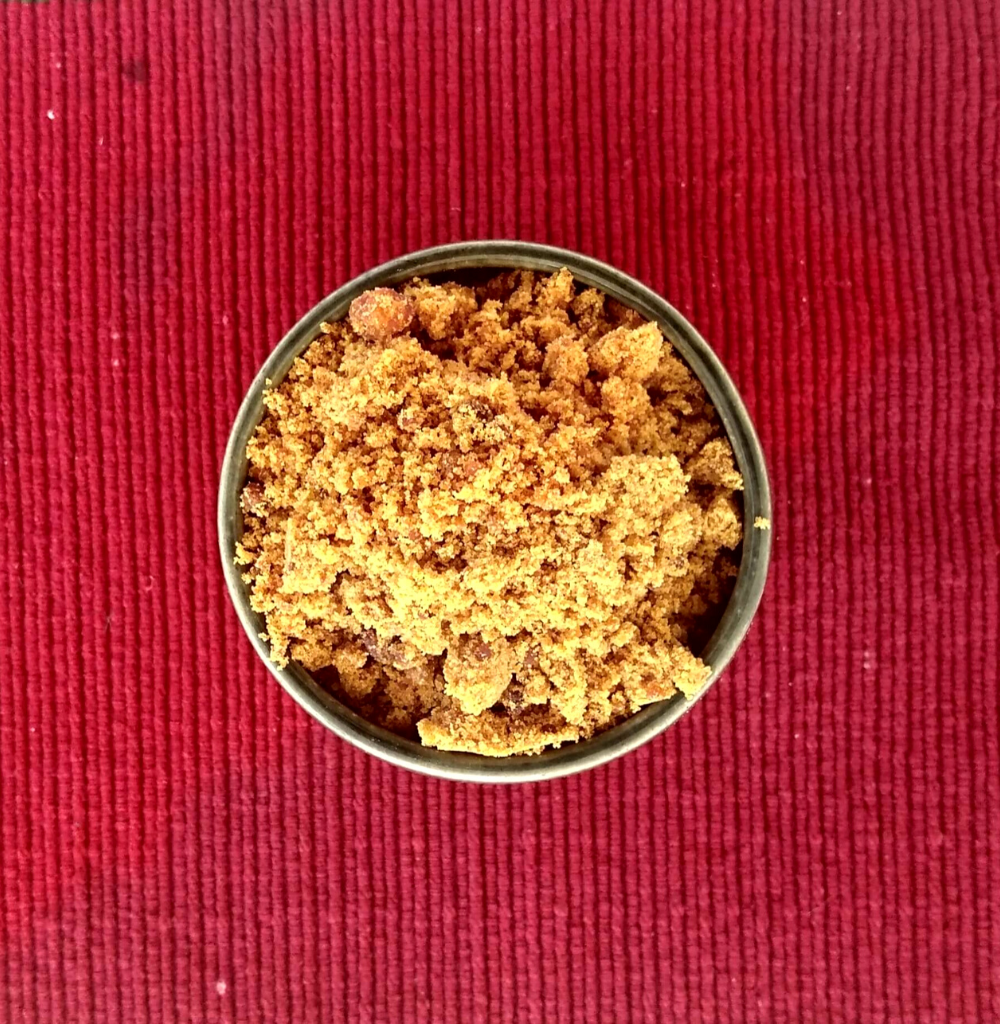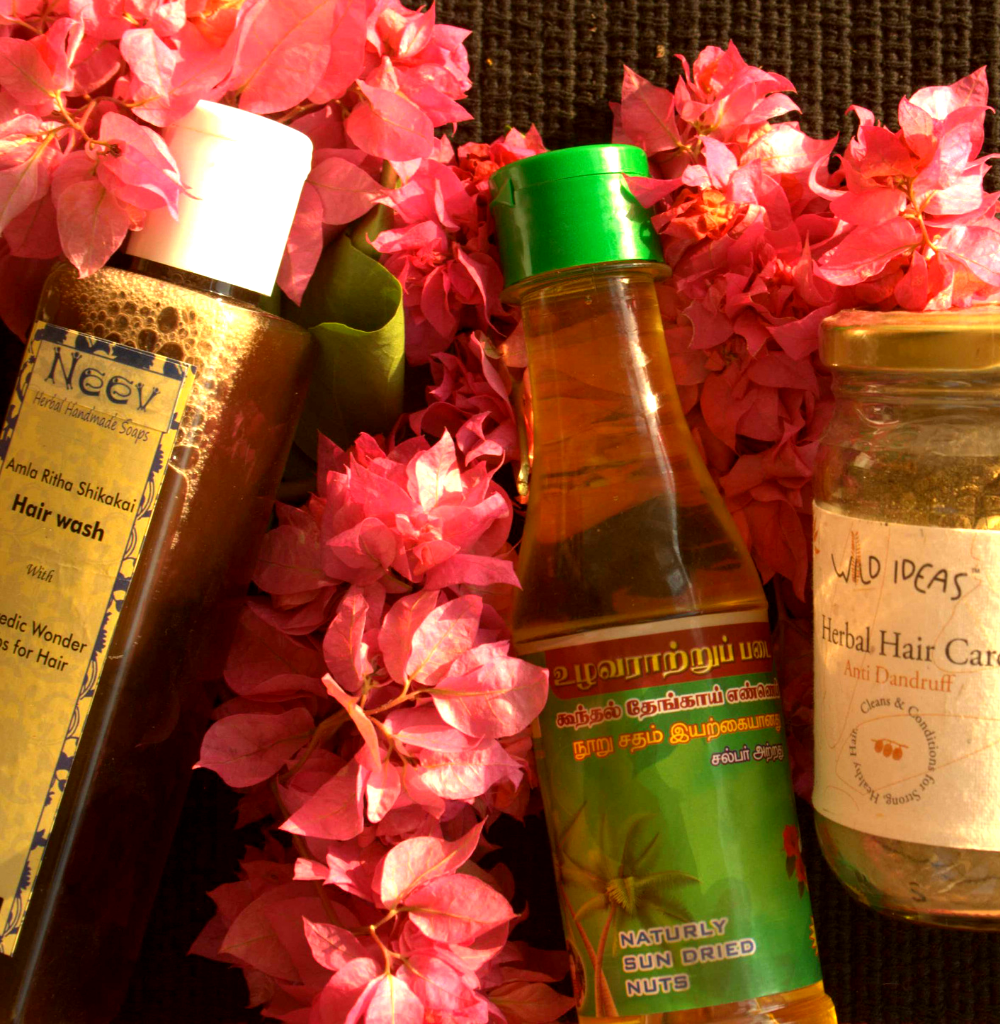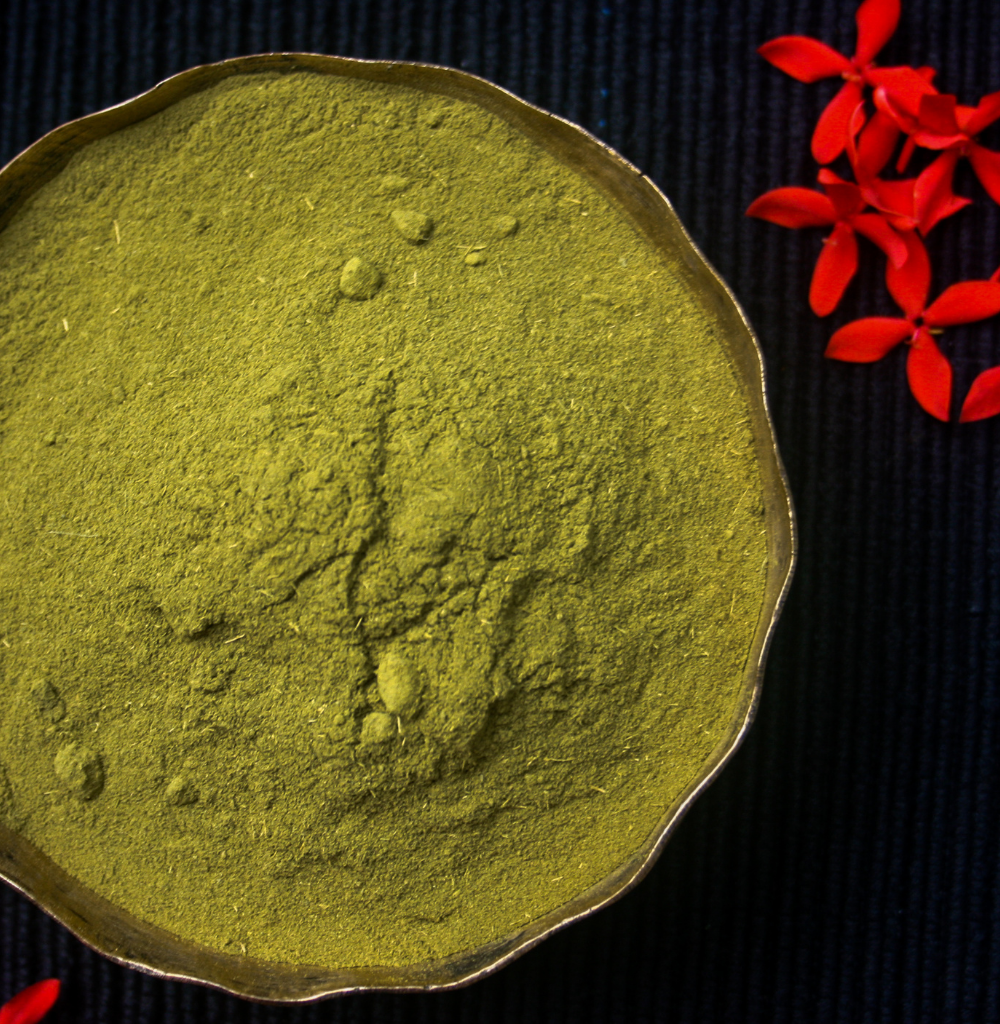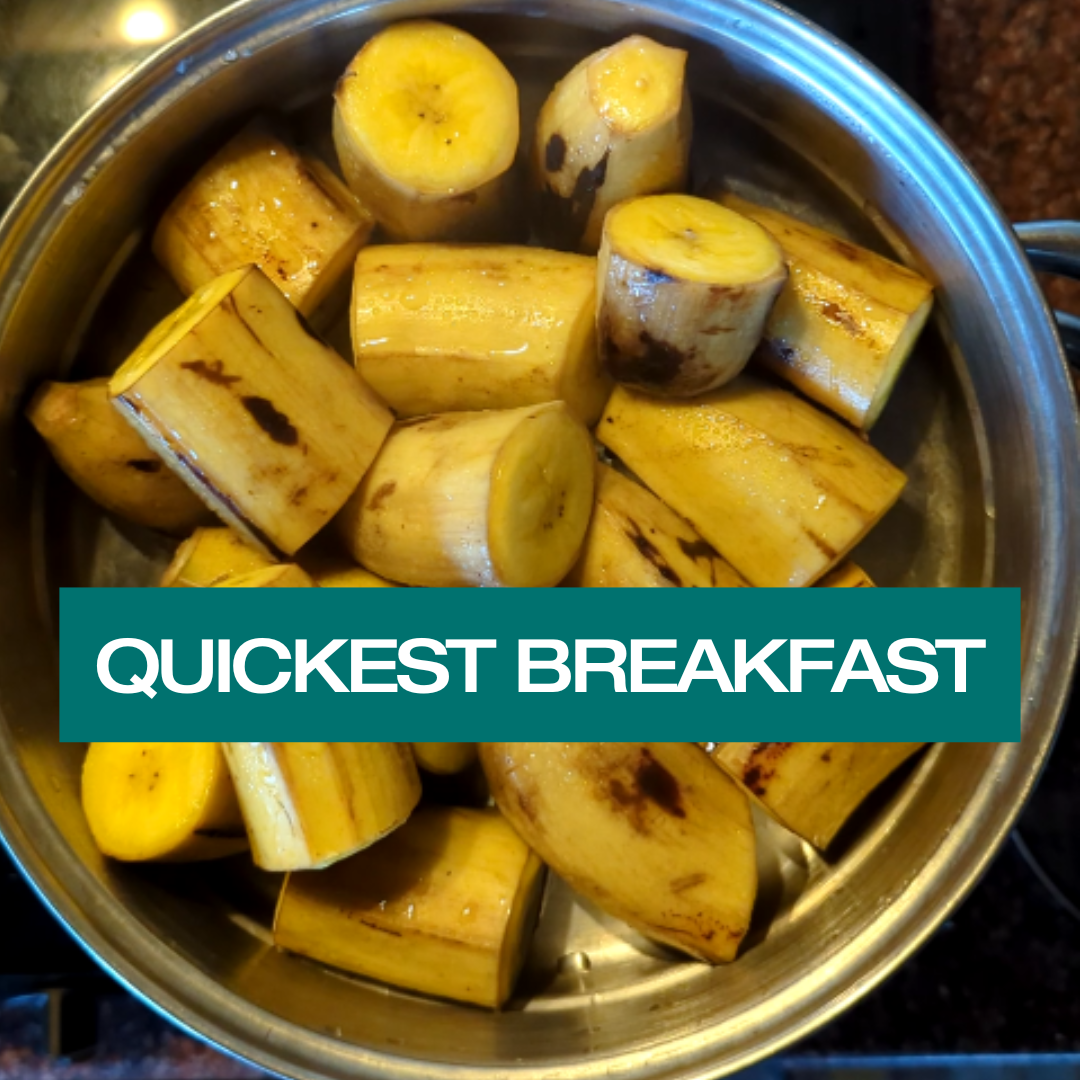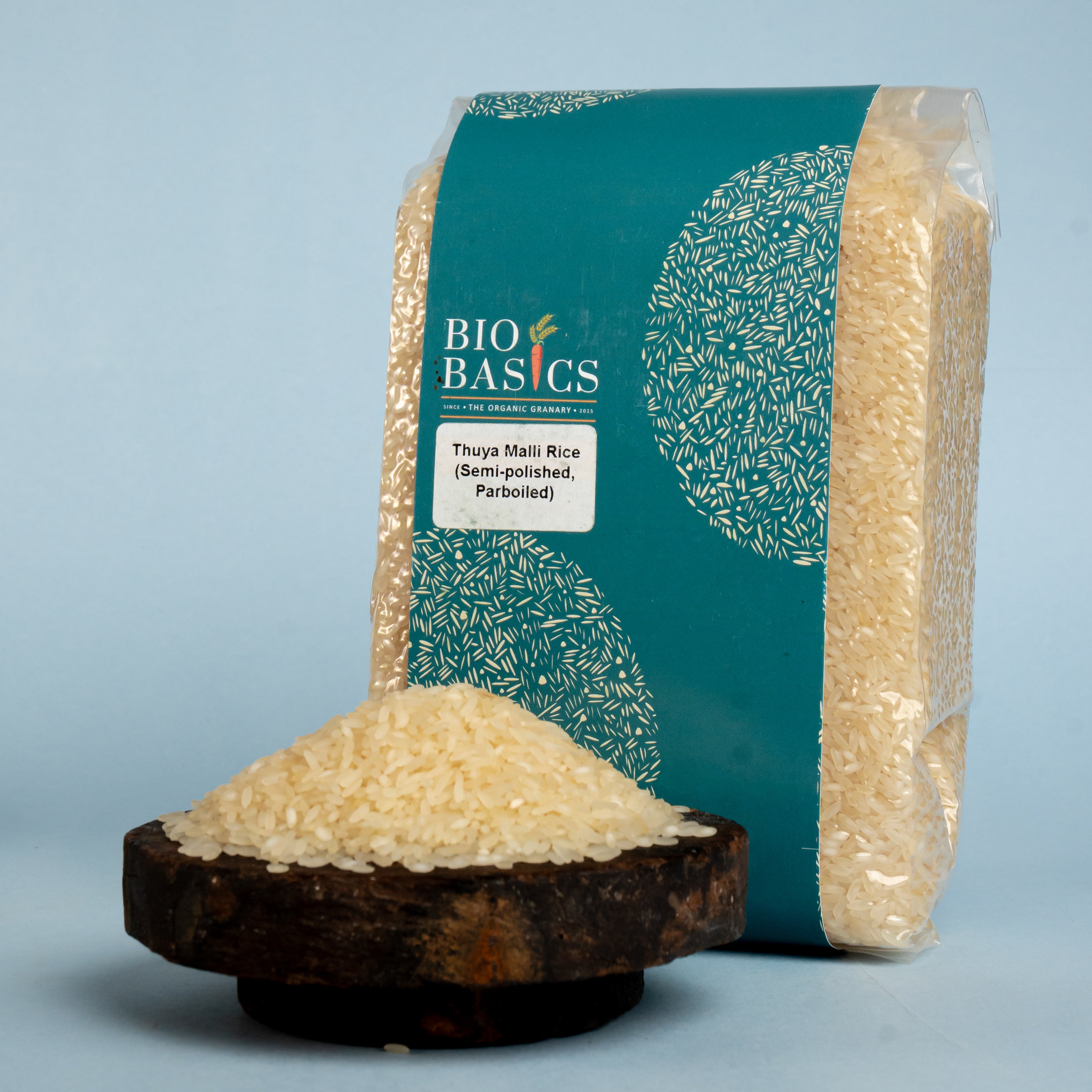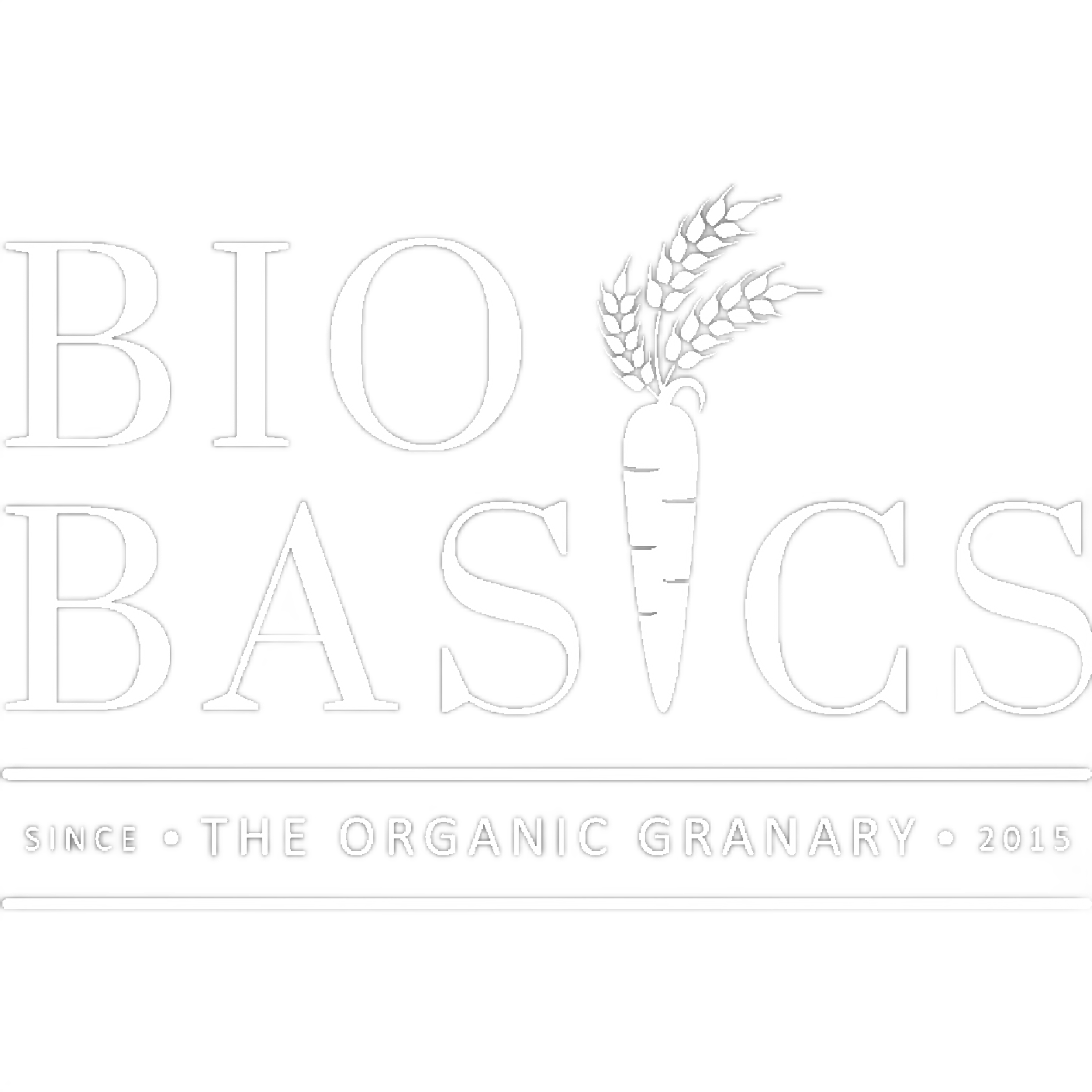Sunday dawned windy and chilly and we were left wondering whether weather would play truant on us after all the preparation; sending messages, getting last-minute confirmations, rushing the fresh coriander leaves and containers to maami for the breakfast, and reminding our young team that Sunday was going to be another 7 am day L after packing on Saturday! The weather brightened up by 7 am and the excitement began. Food arrived in hot cases and containers, the team was ready bright and early. The farm visit guests began arriving and almost everybody arrived on time. So we got to our designated meeting places in time and left on time!
We arrived at the first farm sharp at 7.50, greeted warmly by JR ayya and his wife, decided to go around the farm before breakfast, as Ms. M, a friend, and guest, said that the walk around the farm would help work up a great appetite and she was right! The kids and adults were equally charged up, listening to JR ayya talk about his challenges with labour and how he is supported by the landowner DC to keep the organic operation going despite the problems.

Everybody enjoyed the ladies fingers growing, the tomatoes weighing down the plants and seeing the new creeper veggies (ridge gourd, bottle gourd plants) coming up, the hens running around pecking at this and that and finally visiting the herd of traditional cows, a variety called Malnad Gitta (a small-sized breed easy to feed and manage, its dung and urine is used for manure but gives very less milk). The cows were less than enamoured with us and were feeling a little stressed, so we moved away. Everyone tasted a tomato fresh off the vine and enjoyed it, children clicked flowers, butterflies, hens, cows and each other! After a hearty organic breakfast, we moved to the next farm.

The farm owned by Mr. GS, managed as a natural farming orchard, was a different experience from the vegetable farm. Every one trooped through the canopy of trees, coconut, custard apple, guava, star fruits and timber trees, with turmeric plants growing in between. Then we moved to see the sugarcane plants and nattu malli growing on the bunds of the turmeric fields. People marveled at the small onions hung from the rafters to keep them for 6 months for the next sowing and it was sinking in how incessant farming is and how much work there is! By then everybody was ready for some refreshments and were greeted with chilled nannari juice and Mr. GS (who came to meet everyone and interact) who shared his experiences, challenges, and conviction about natural farming, explaining to us why he continues to do it. Freshly squeezed organic sugar cane juice and lovely bunches of nattu malli were available for farm gate purchase.

It was an enjoyable trip for the kids absorbing the sounds, smells and sights and quite an eye-opener for the adults in terms of the many challenges faced by the organic farmers and the high levels of conviction required to keep going season after season, despite adverse weather conditions, lack of labour availability, low finances and not enough consumer support.
Both these are certified organic farms and a lot of effort goes into maintaining them, the farmer/owners are seriously committed to organic farming that is why they continue to keep their land under organic cultivation even while the farms make very less money. The price of land so close to Coimbatore is so expensive that selling it off and using it for other purposes would be a much smarter thing to do… As I constantly repeat we all eat organic only because of the grace and generosity of farmers, landowners and many many people committed to natural food and farming.

Bio Basics has taken upon itself to address one of the challenges that organic farmers face; to create awareness among urban consumers (young and adult) and to create more interest in local, seasonal, whole and organic food. To make people understand the need to pay a fair price for organic food and the need to keep these organic oases alive for our children. It is an uphill task for all of us, many of us (farmers & ventures like us) have never worked this hard, yet lose money; we vacillate between doubt and hope. Like the farms, we also struggle to attract and retain young people, wonder who will take this mantle up, yet go on. Maybe it is the need to be part of the solution (rather than the problem) that keeps us going and the hope that increasing number of people will realize that eating organic is the most sustainable thing we can do; for our health, planet and farmer livelihoods.


